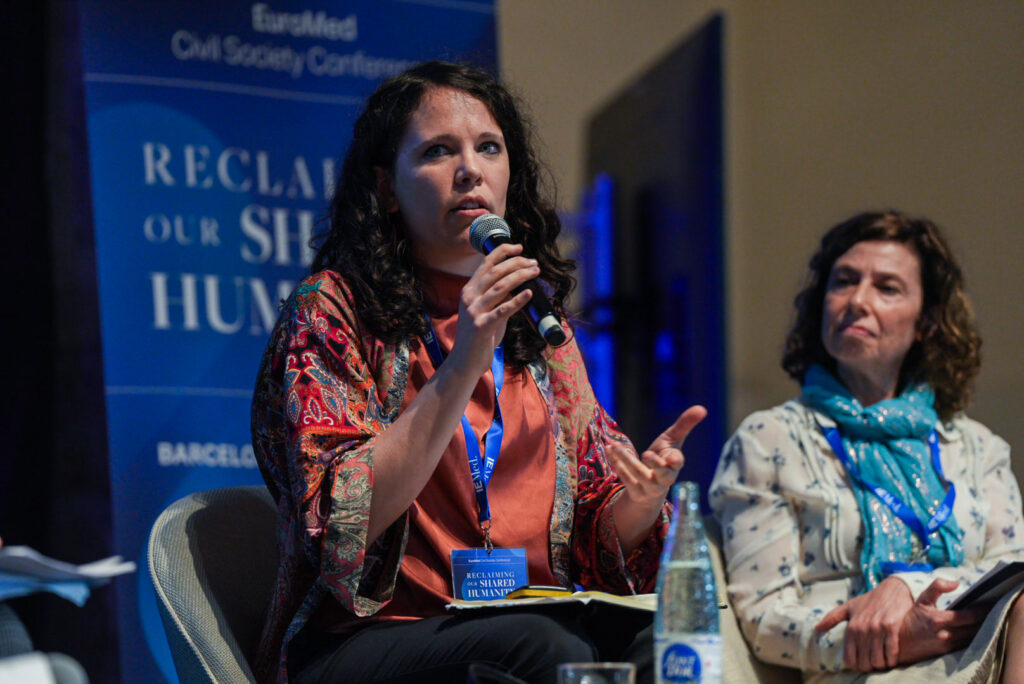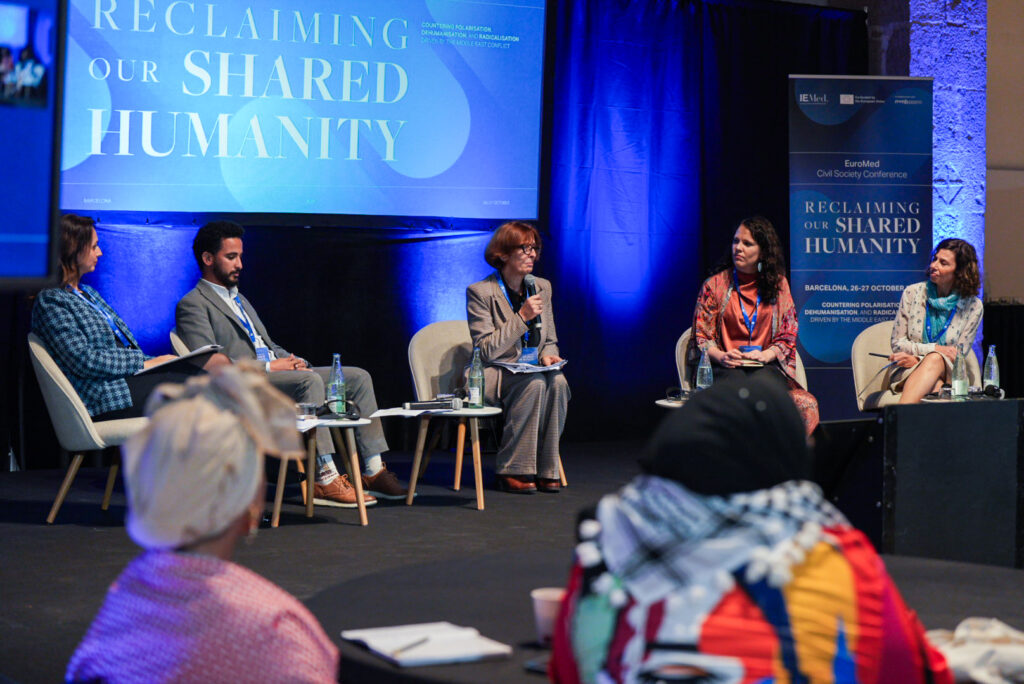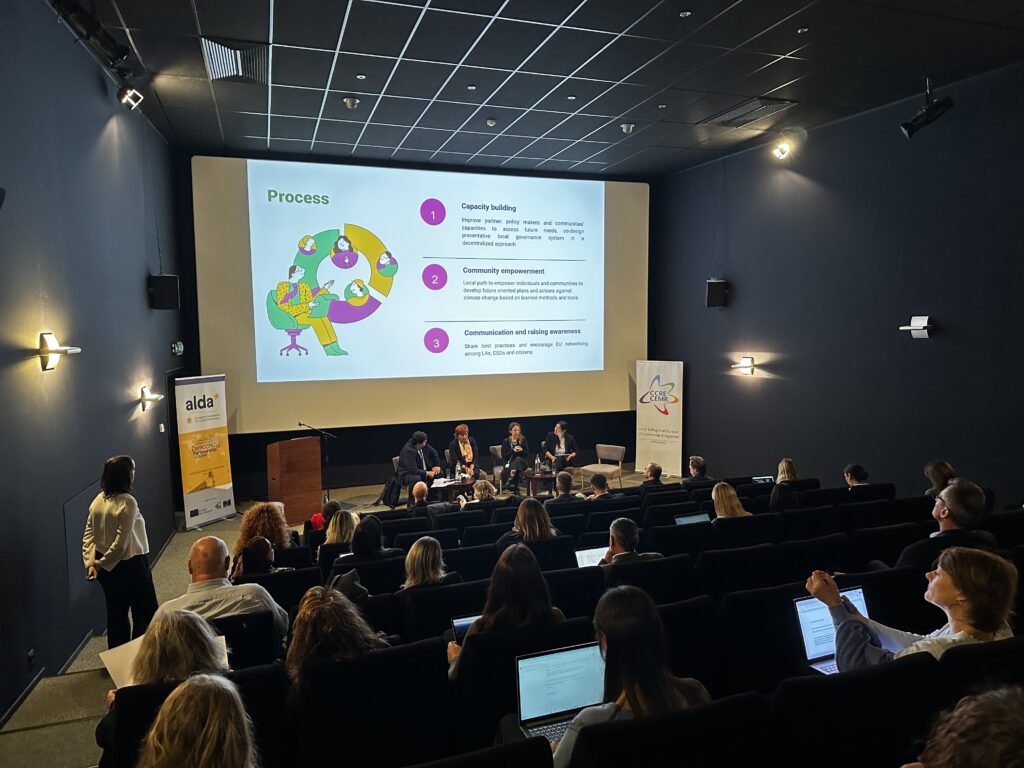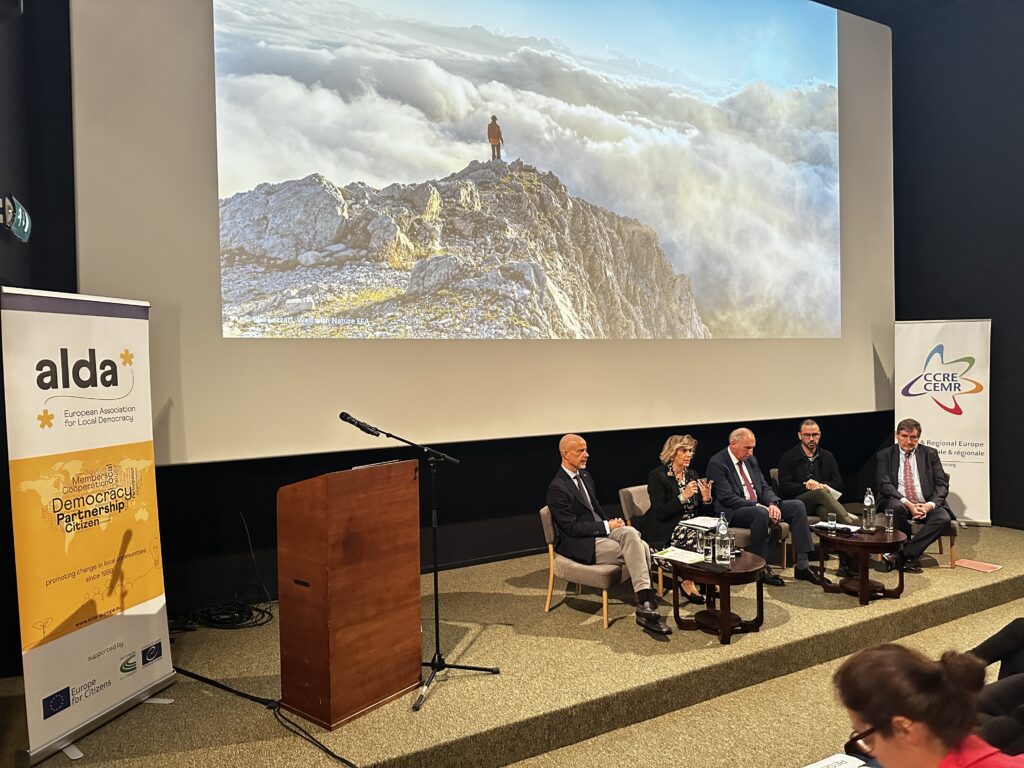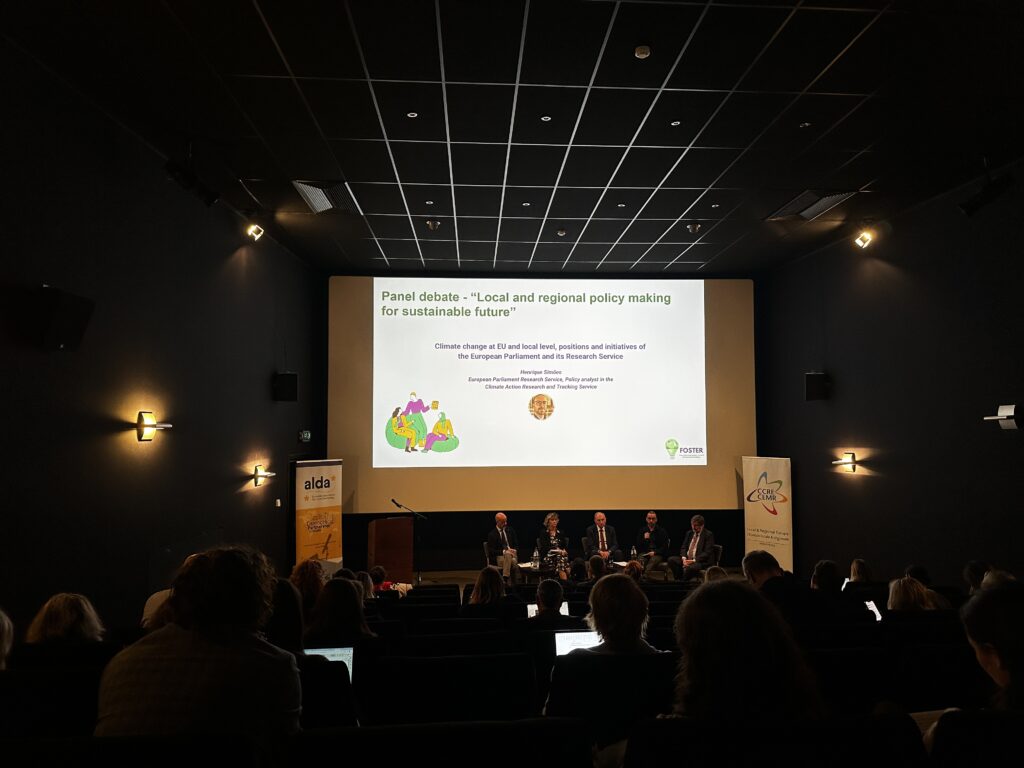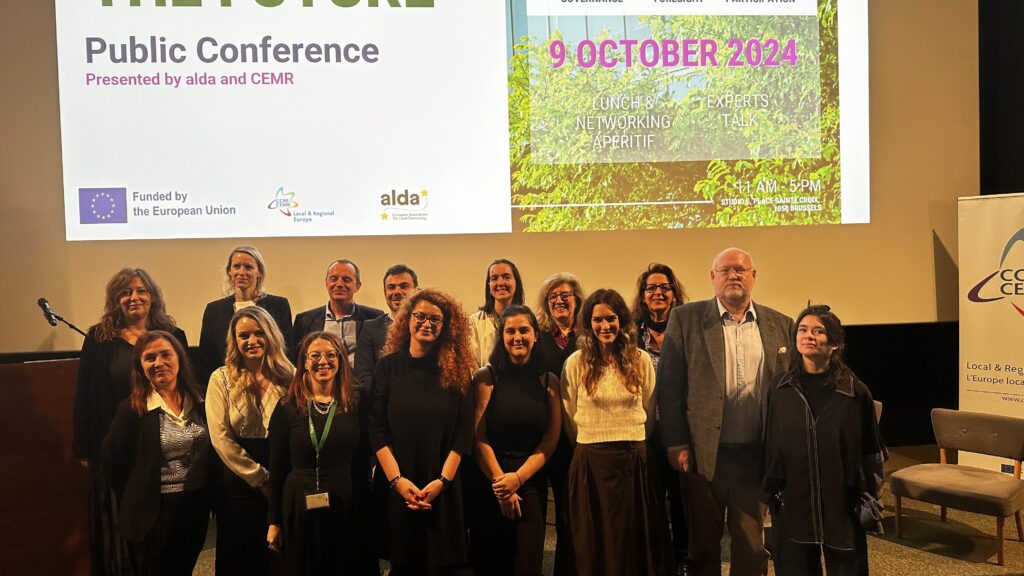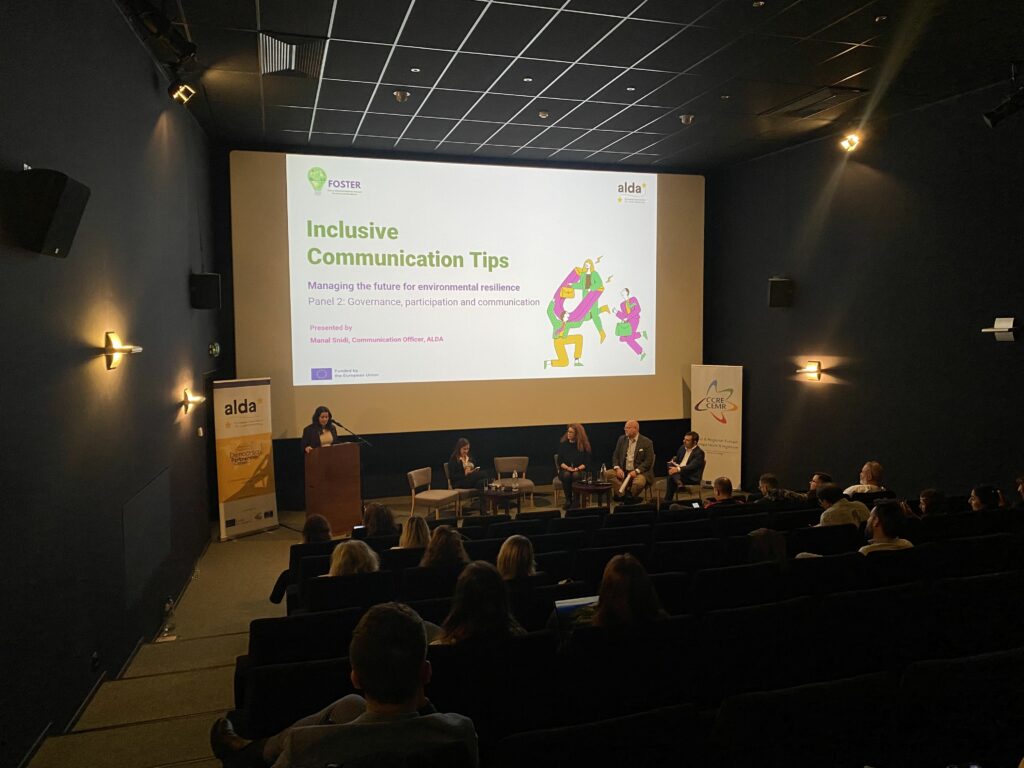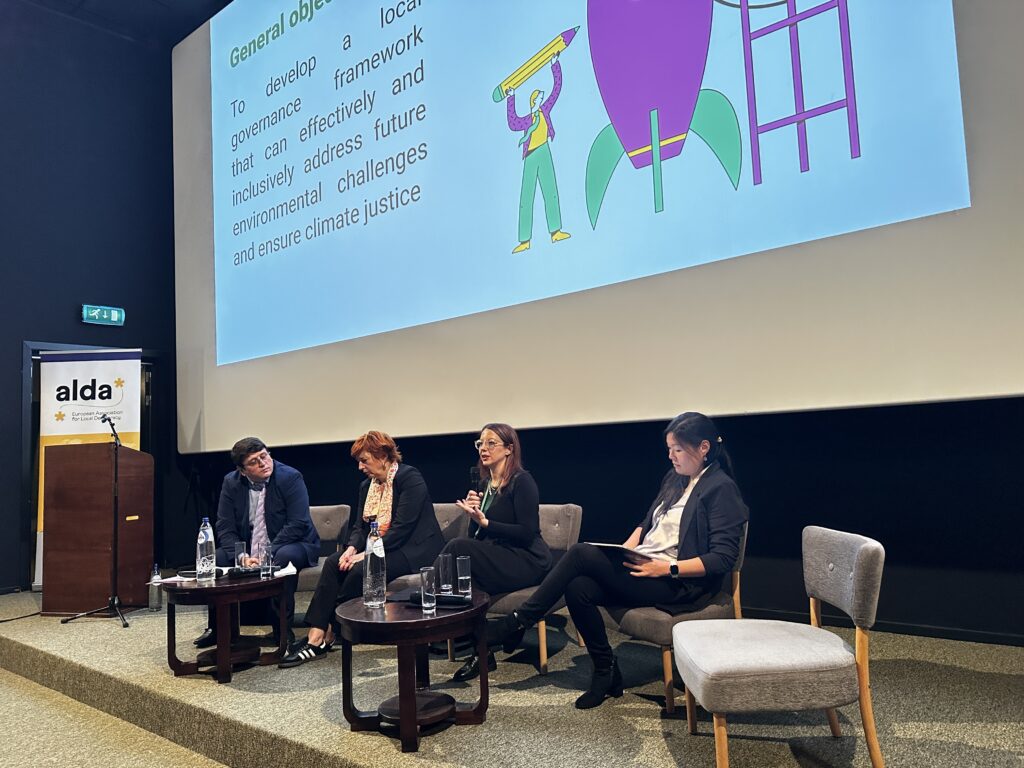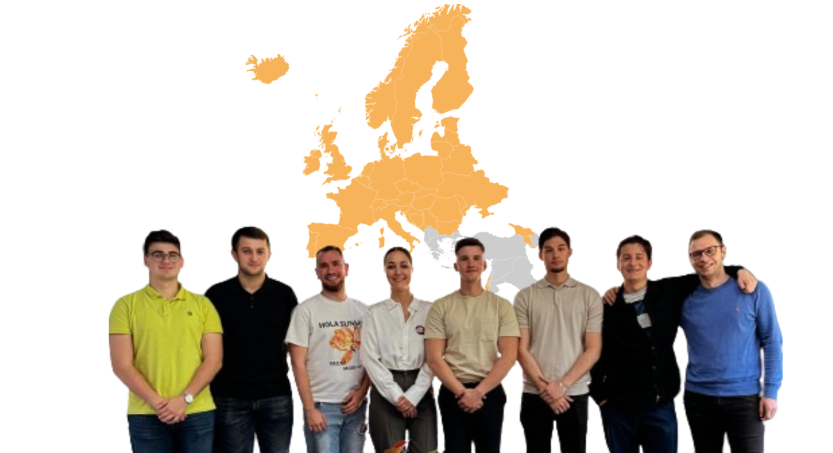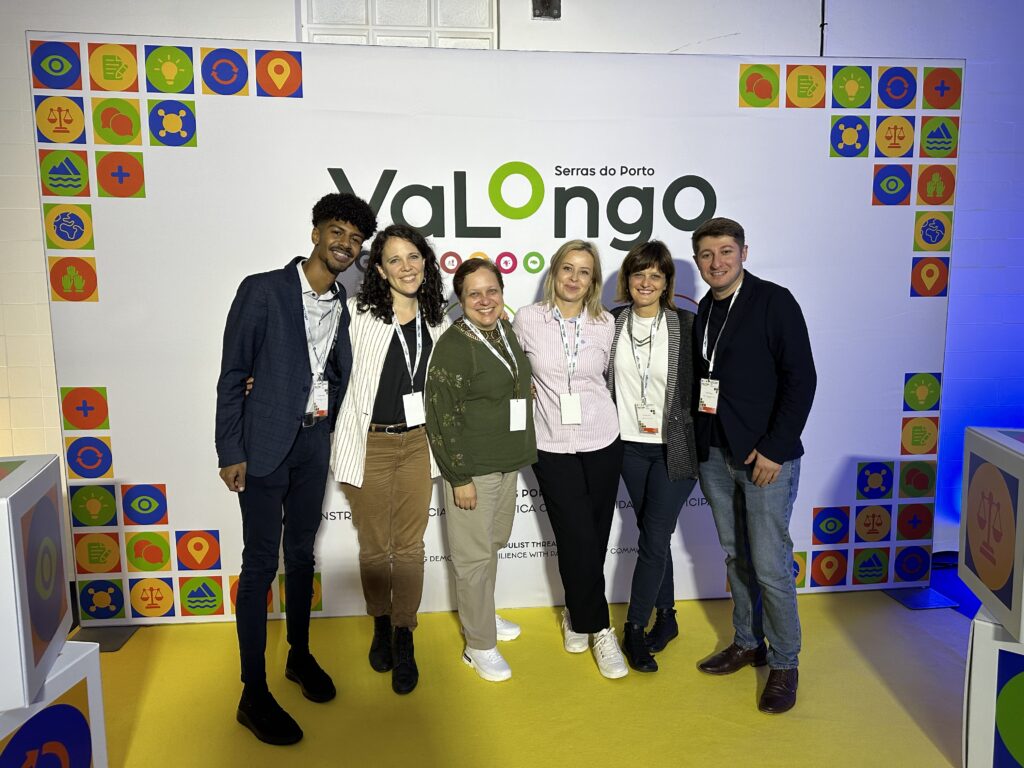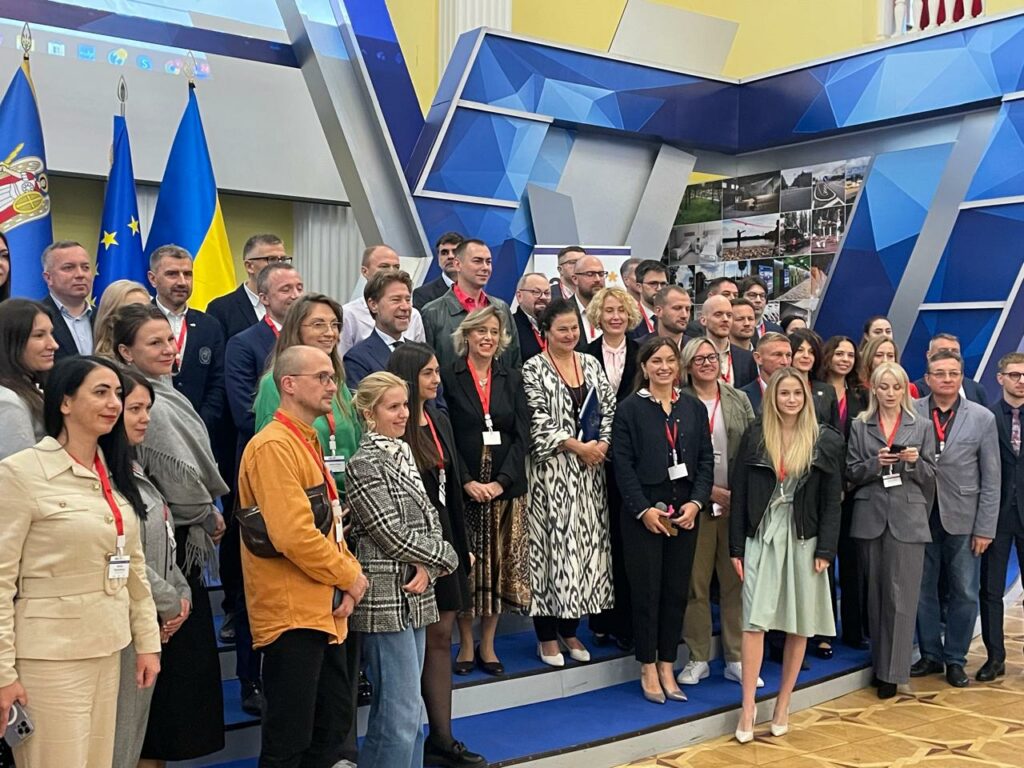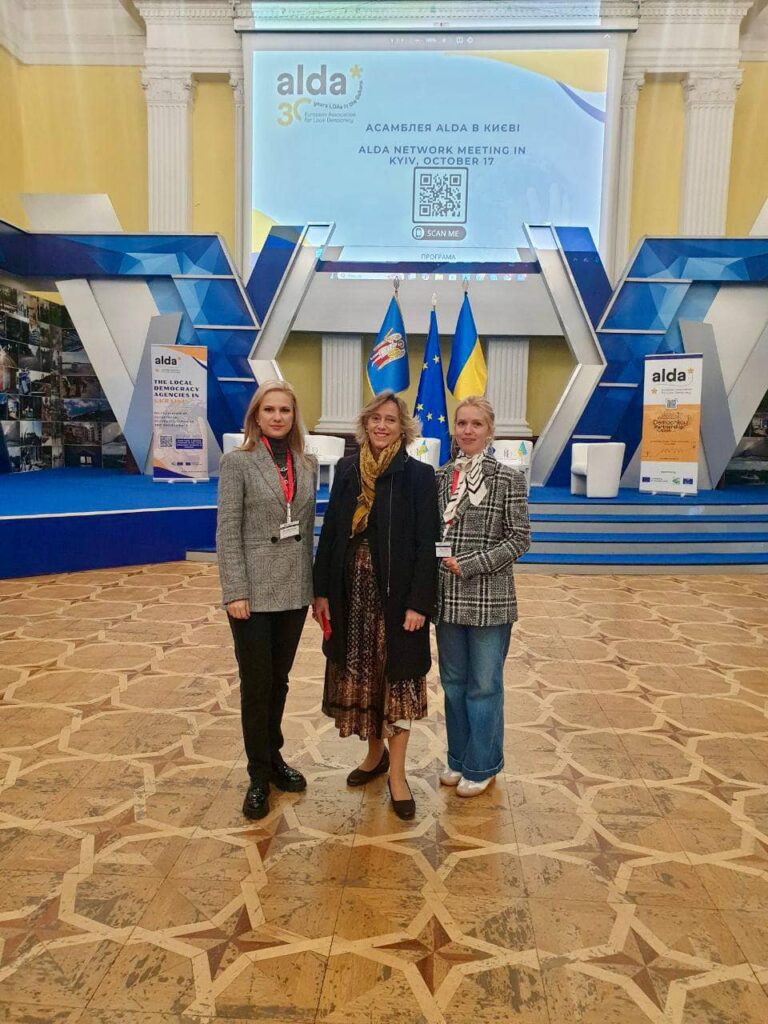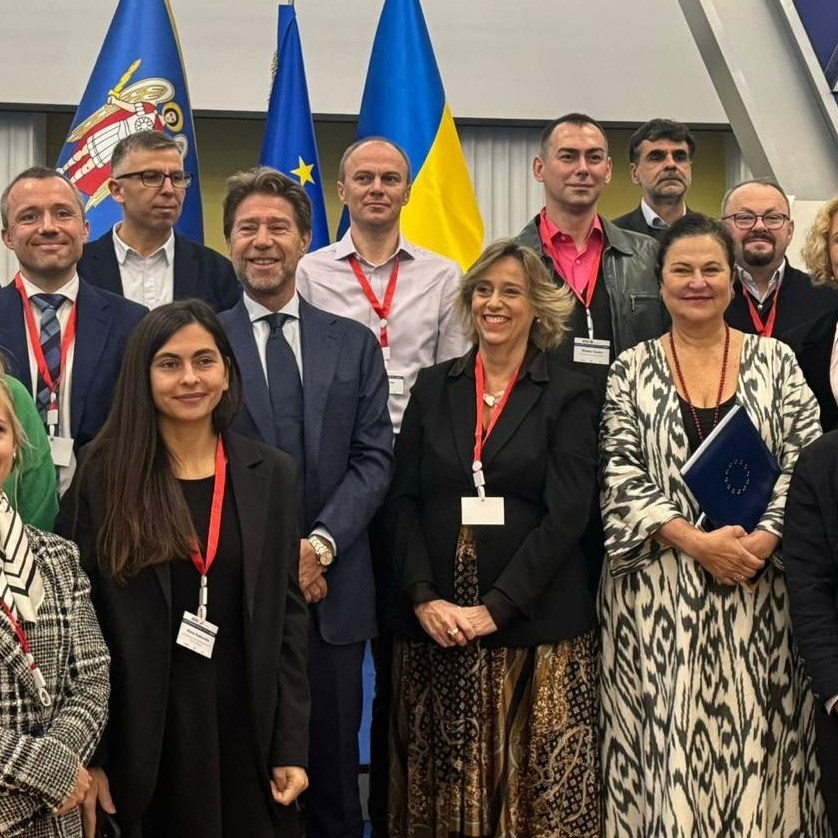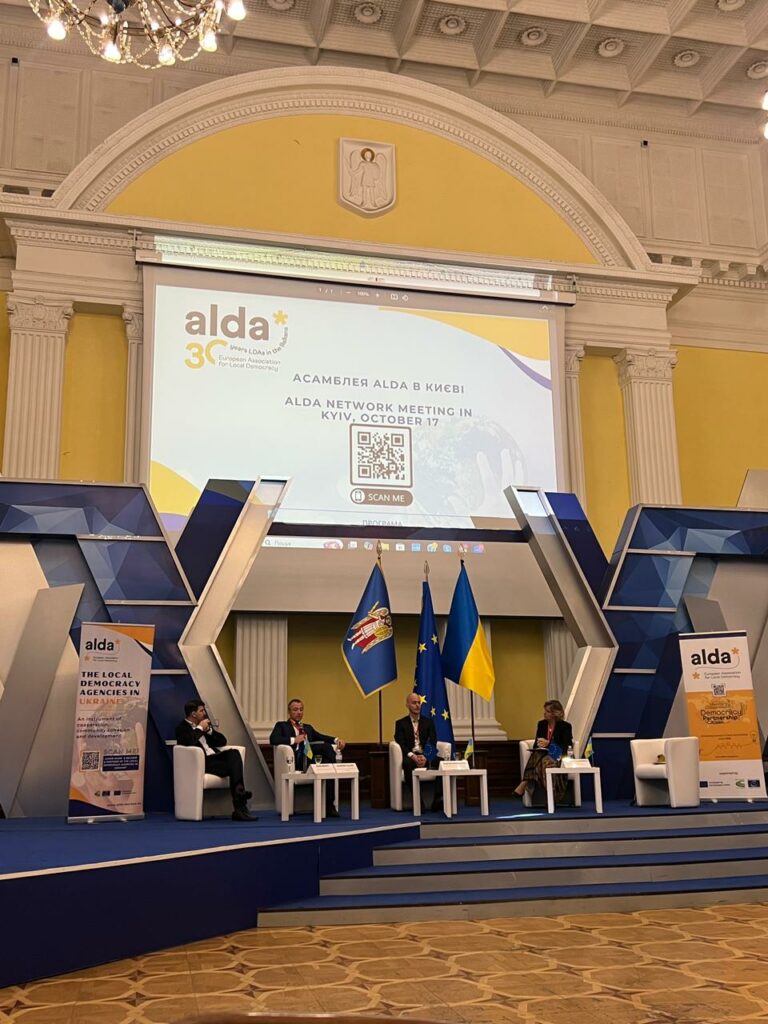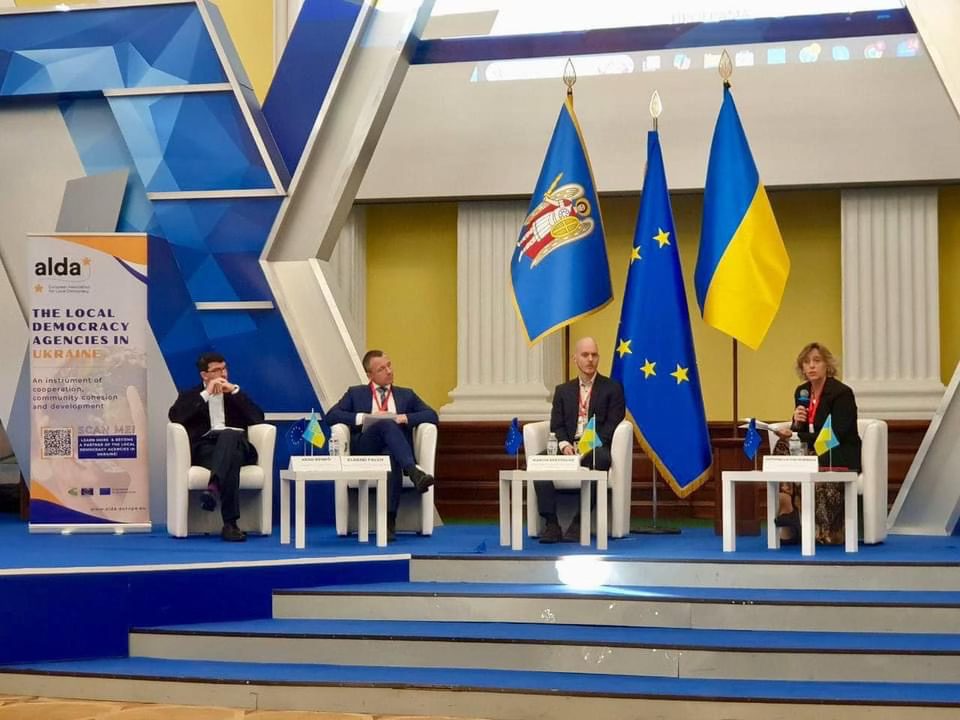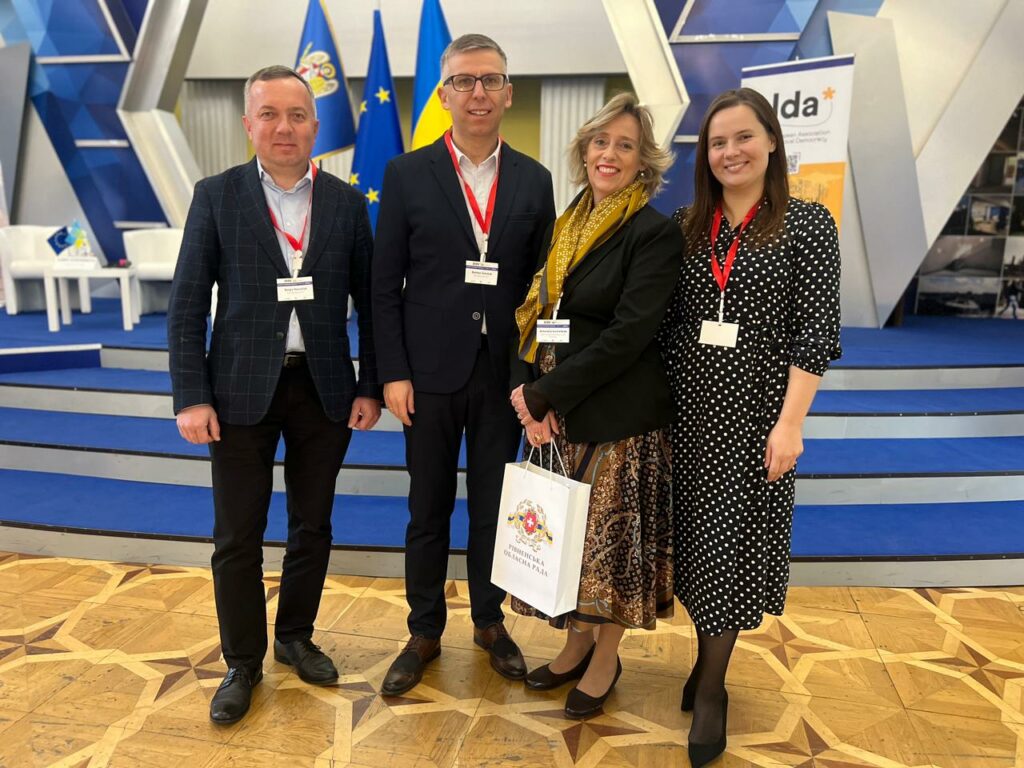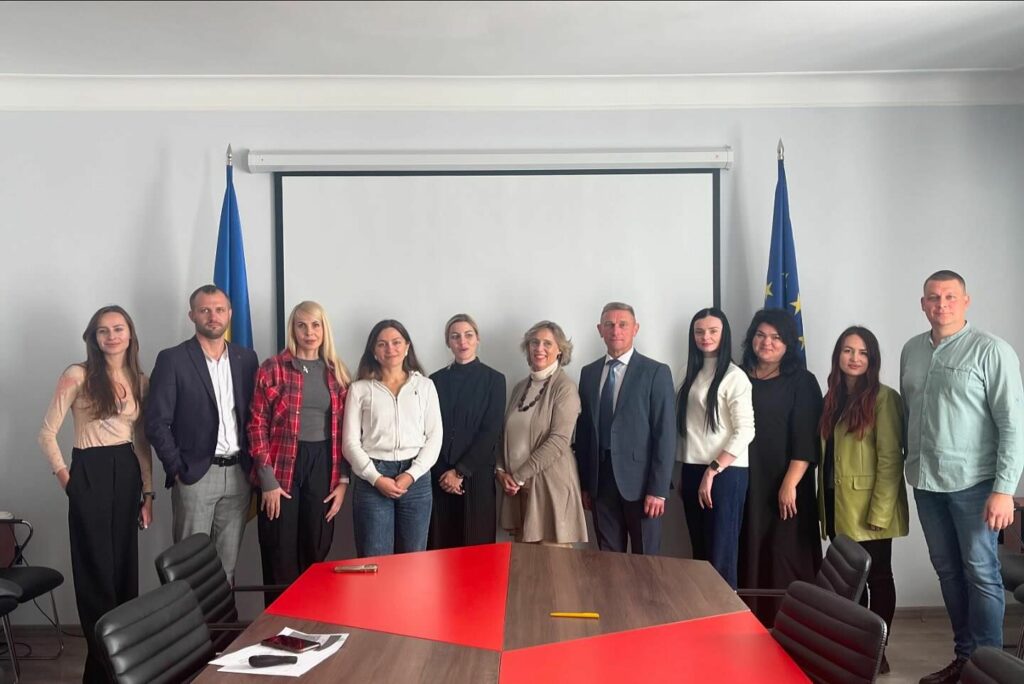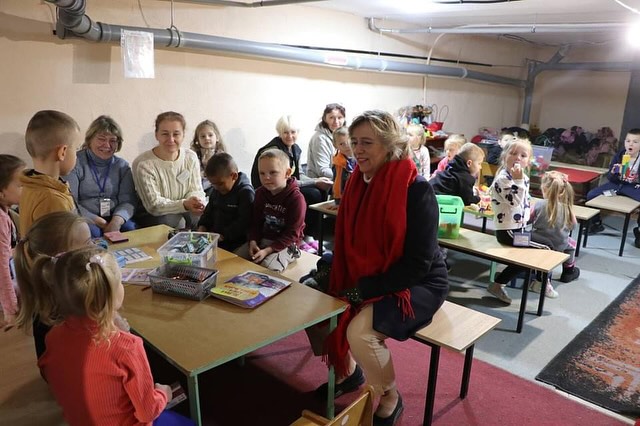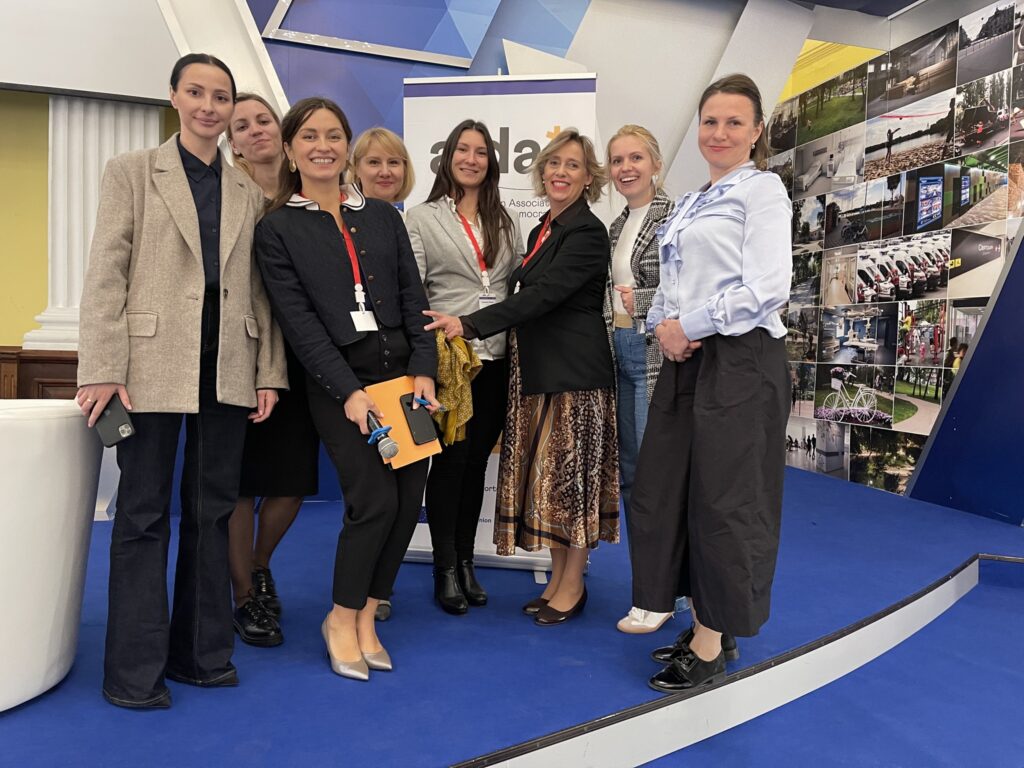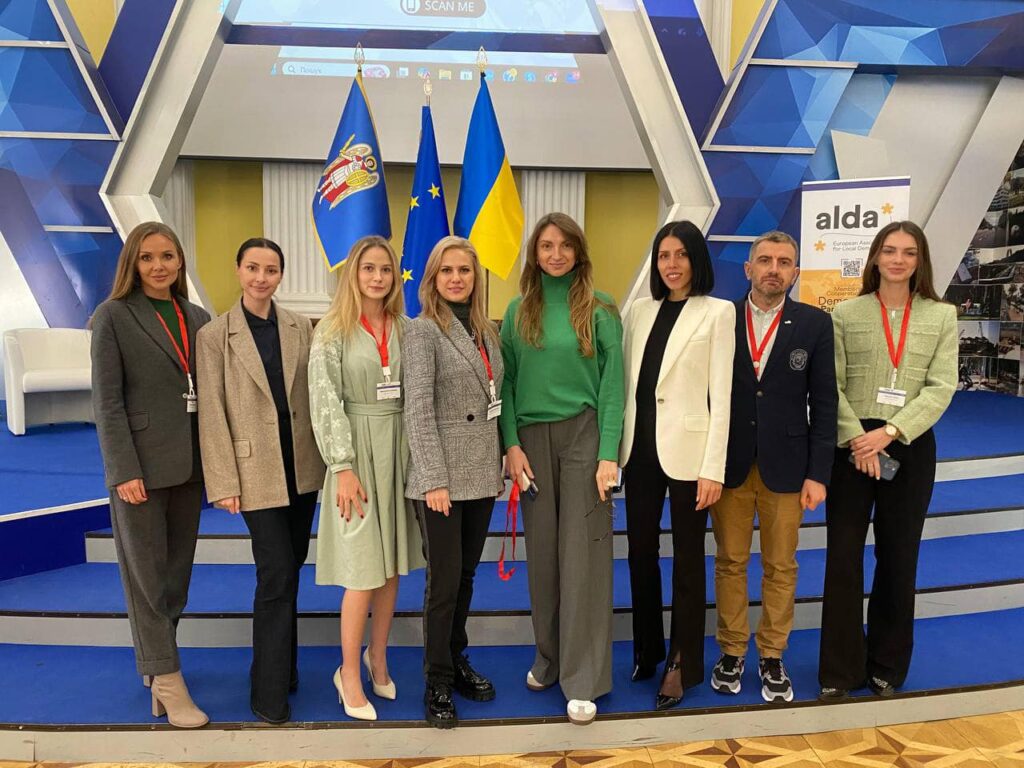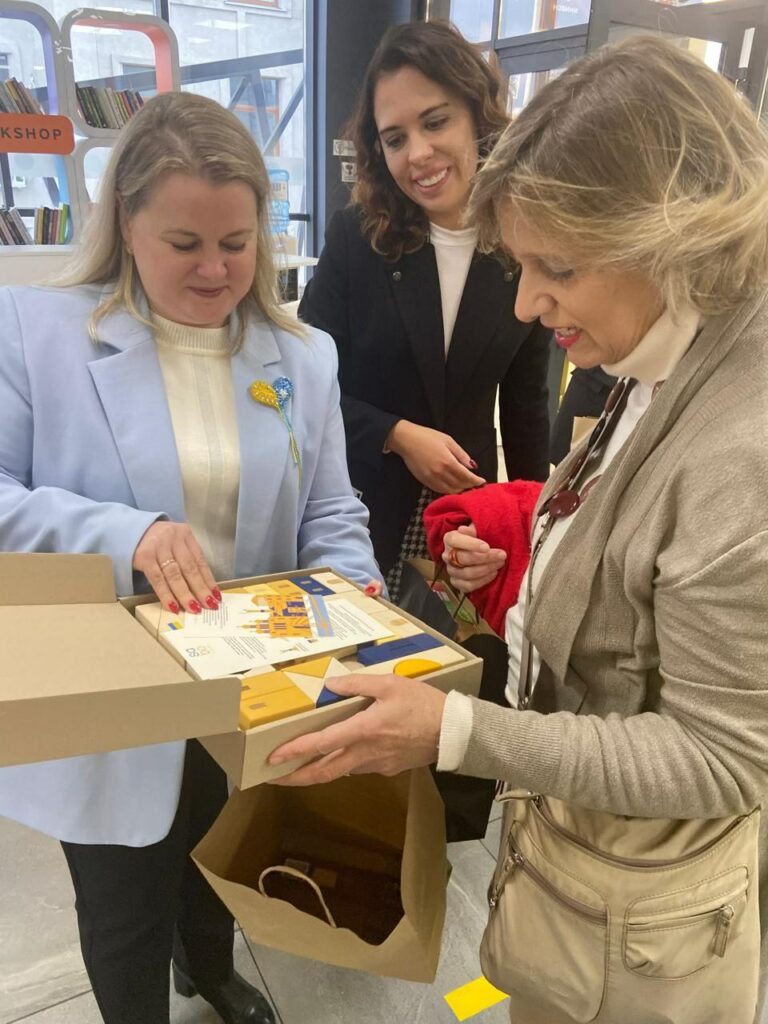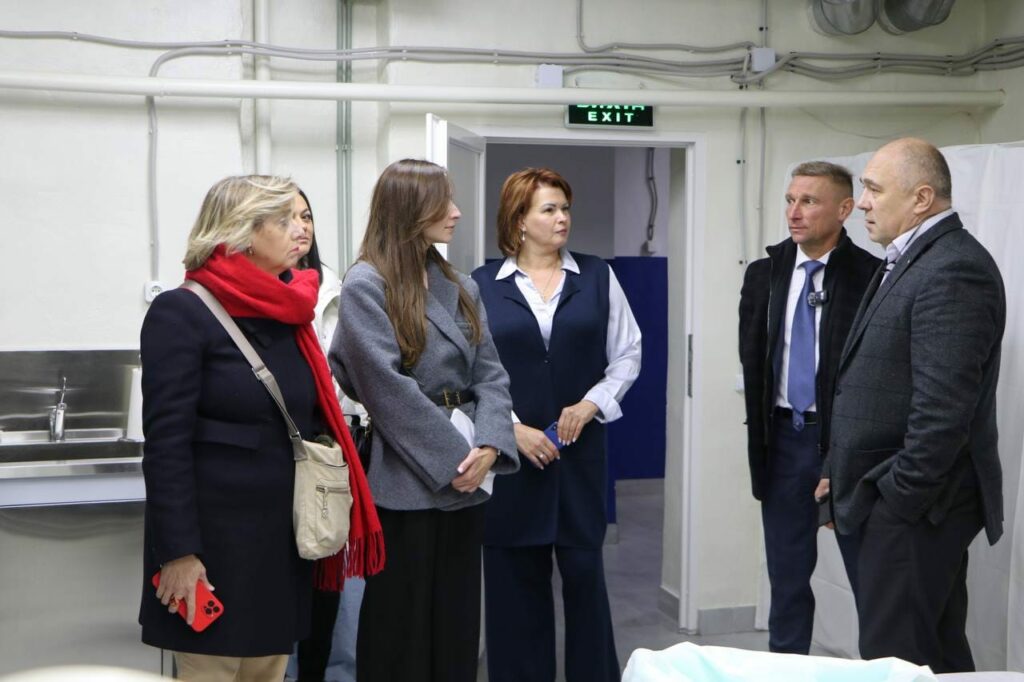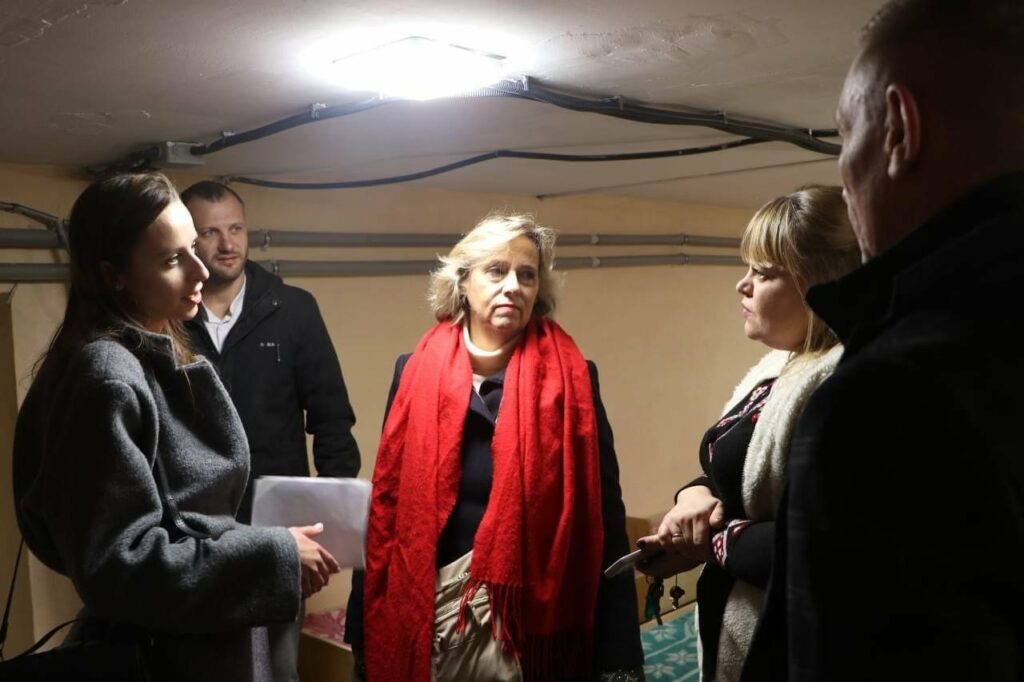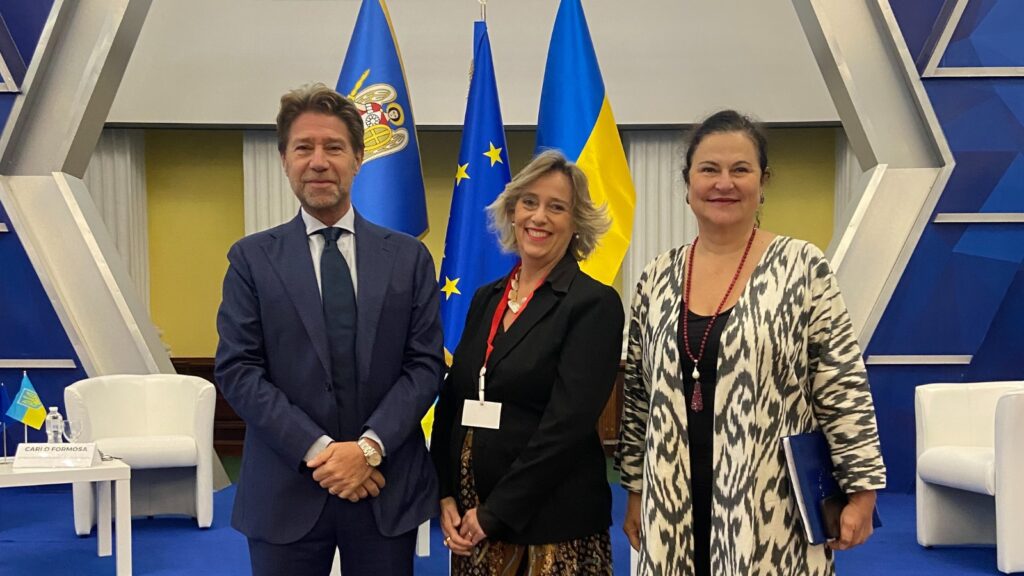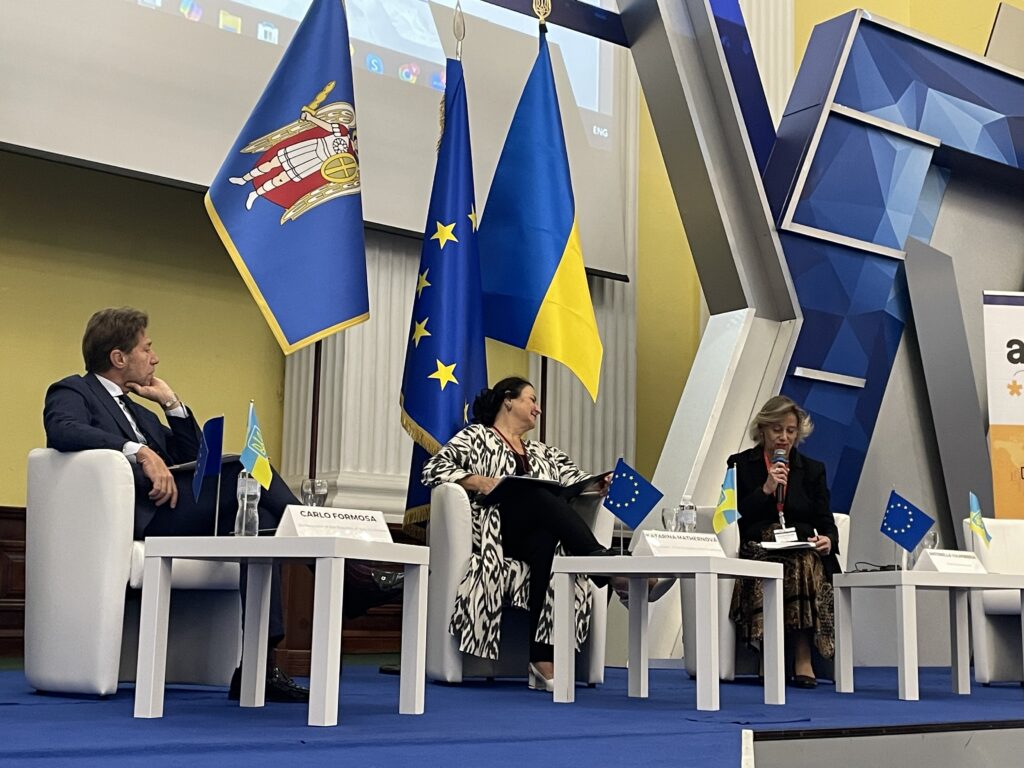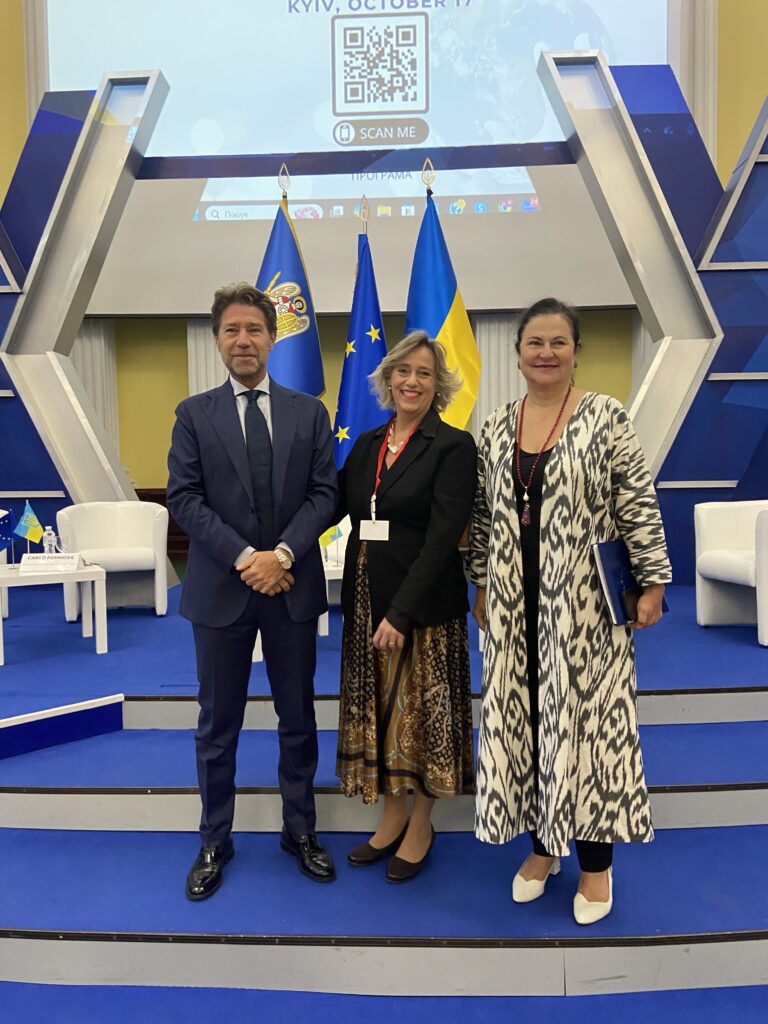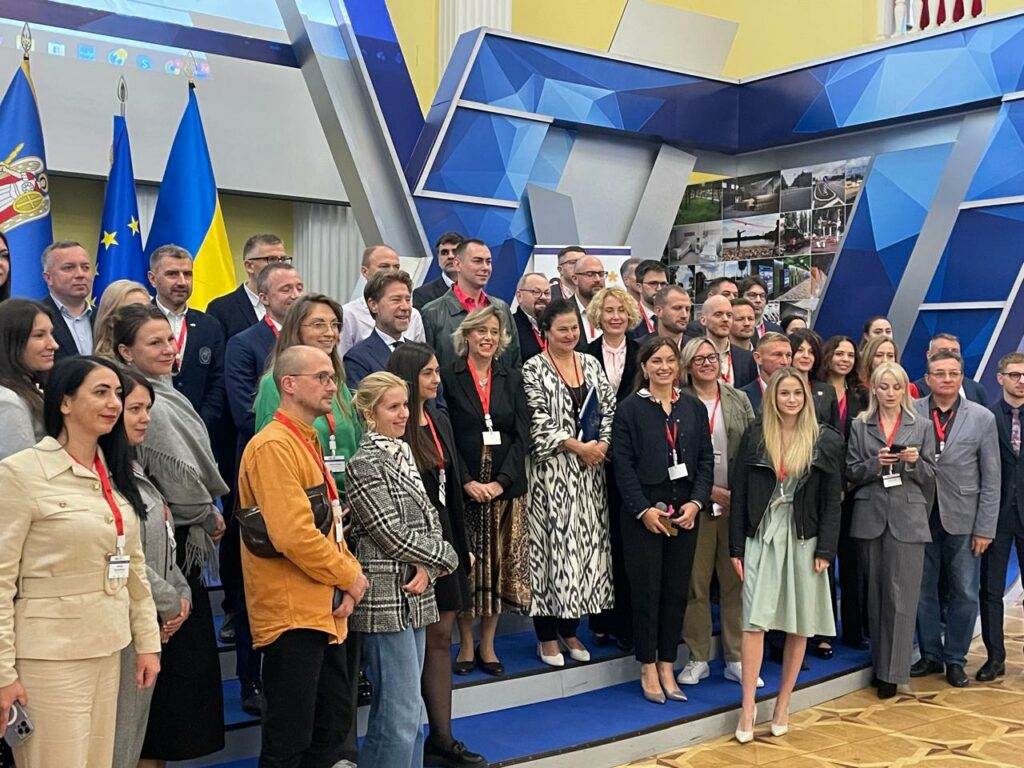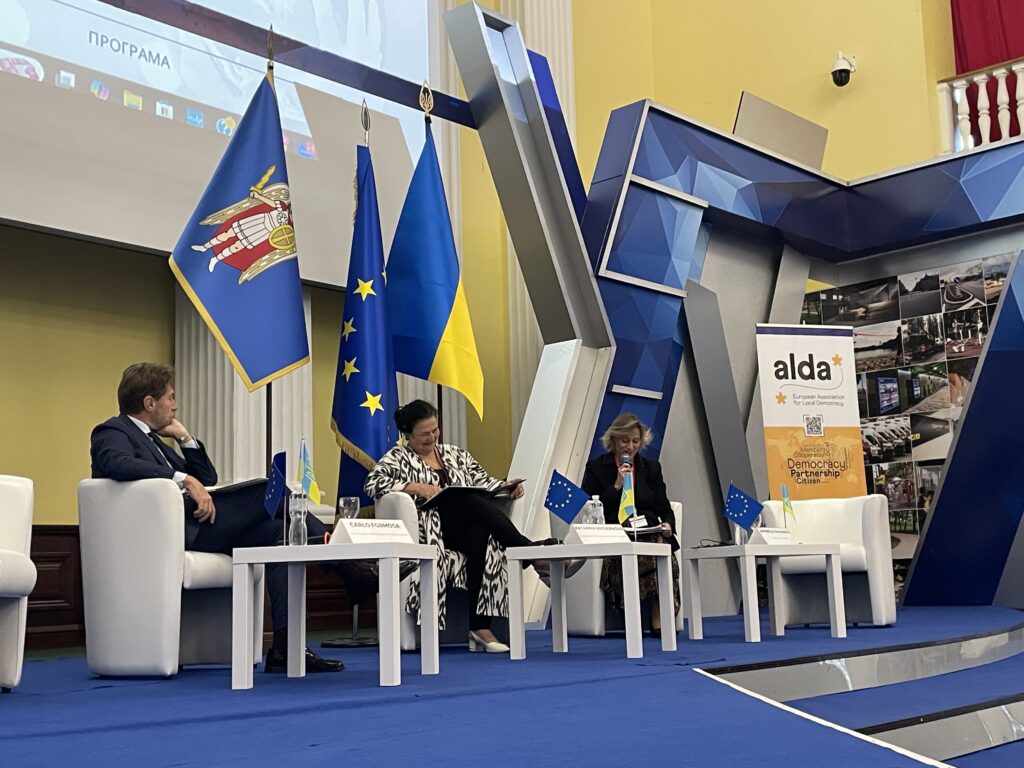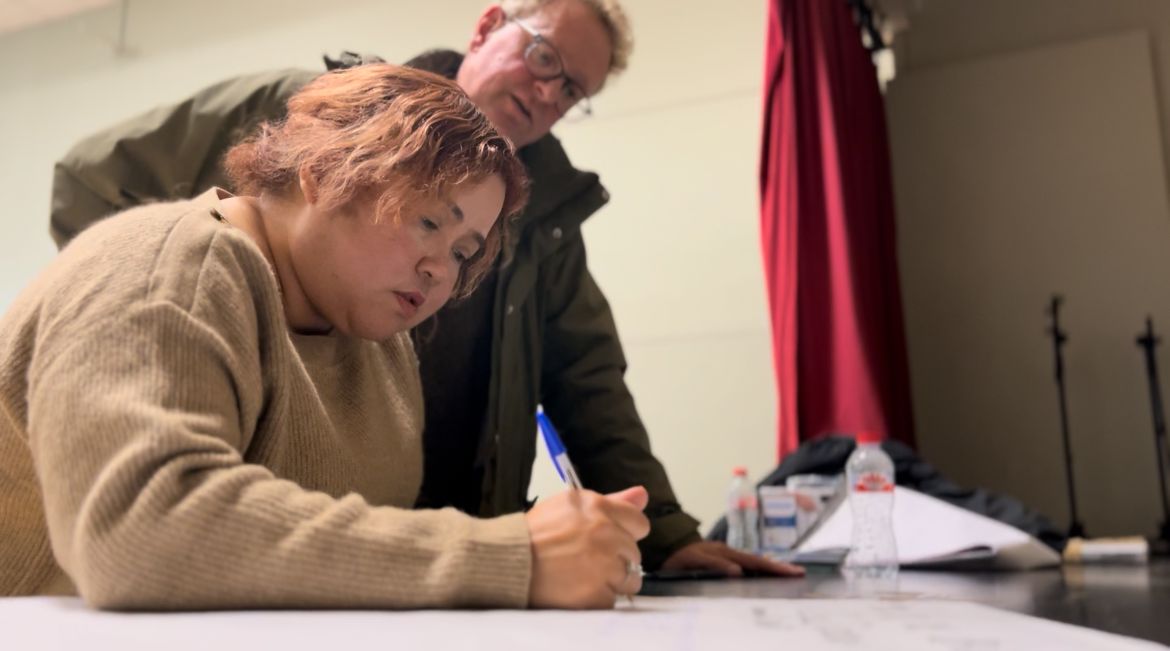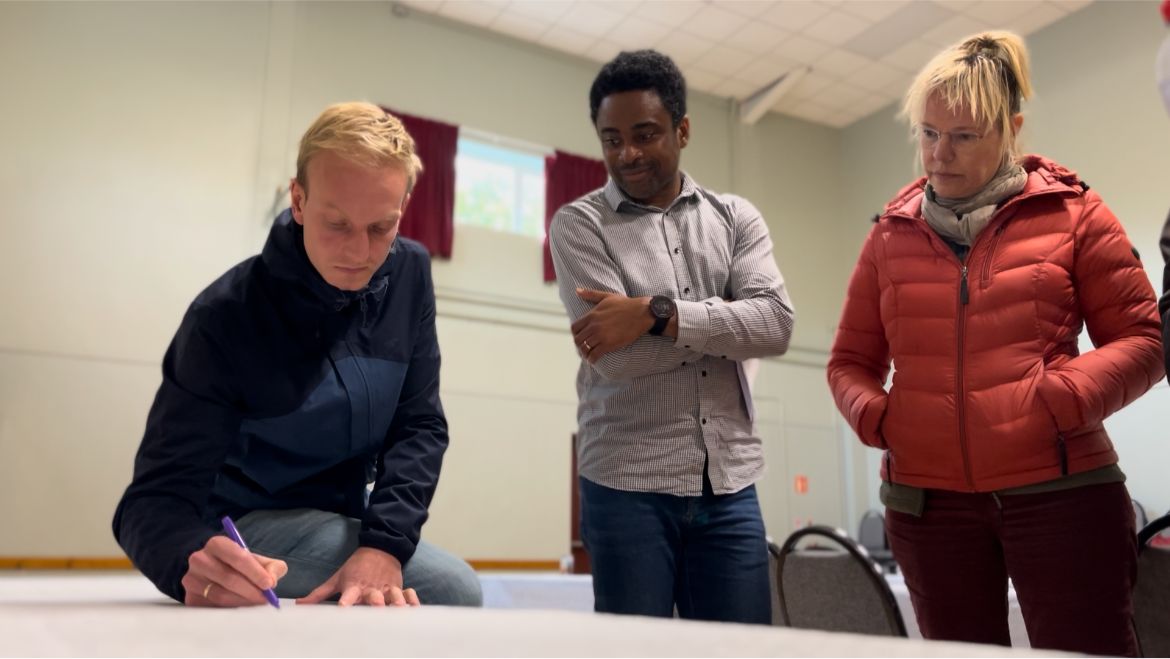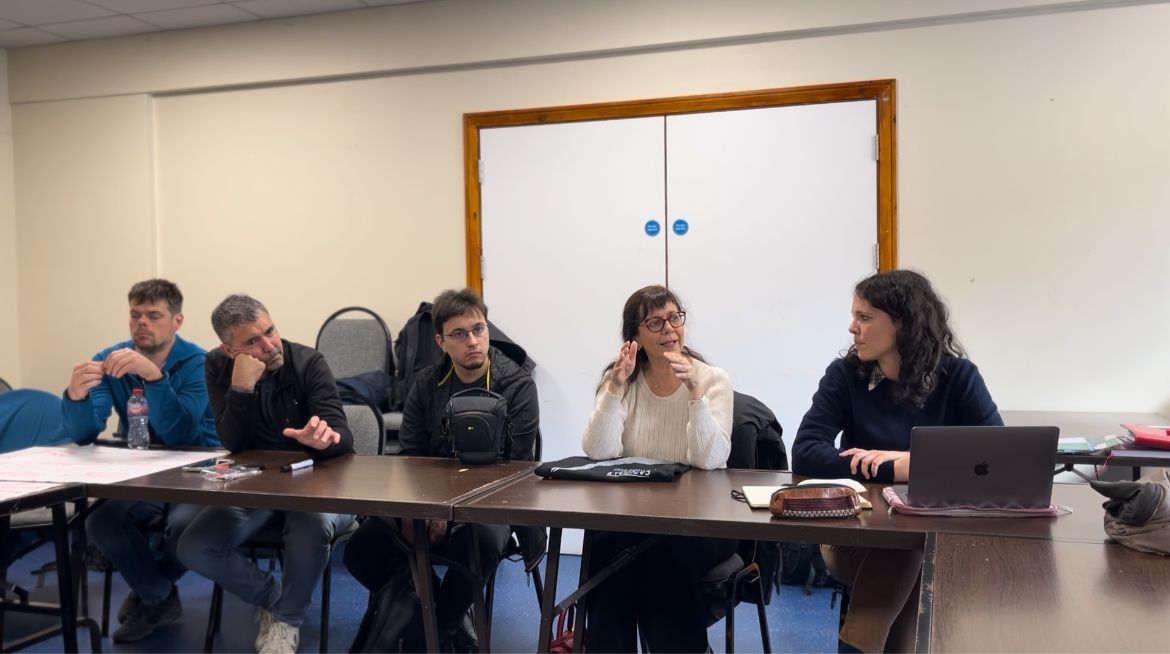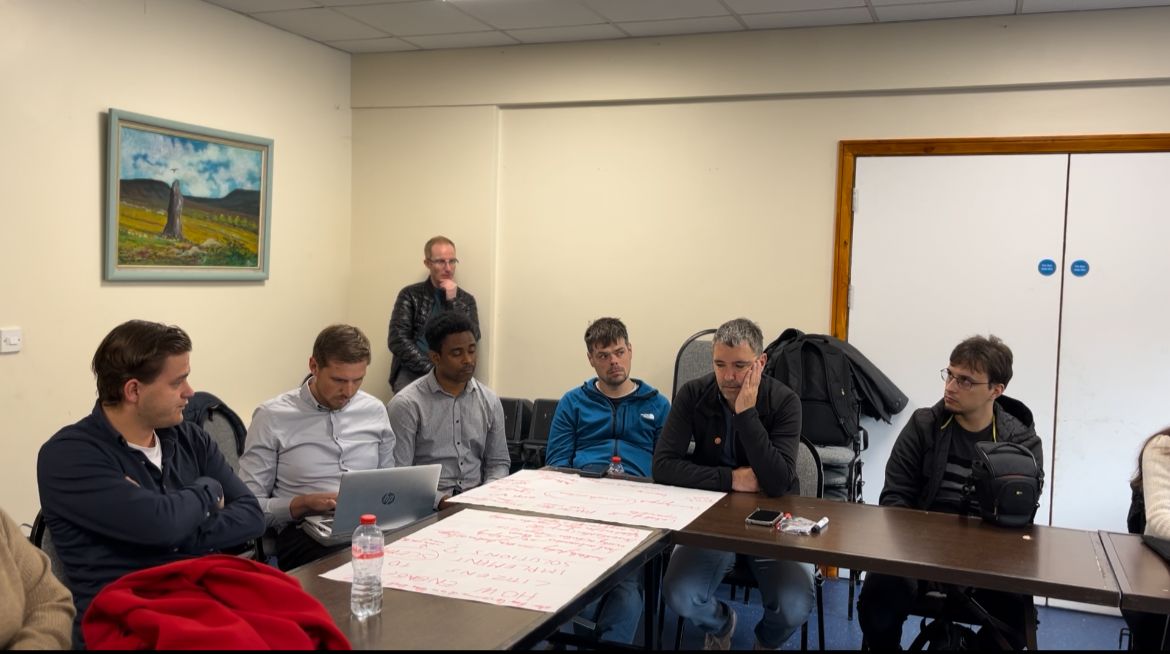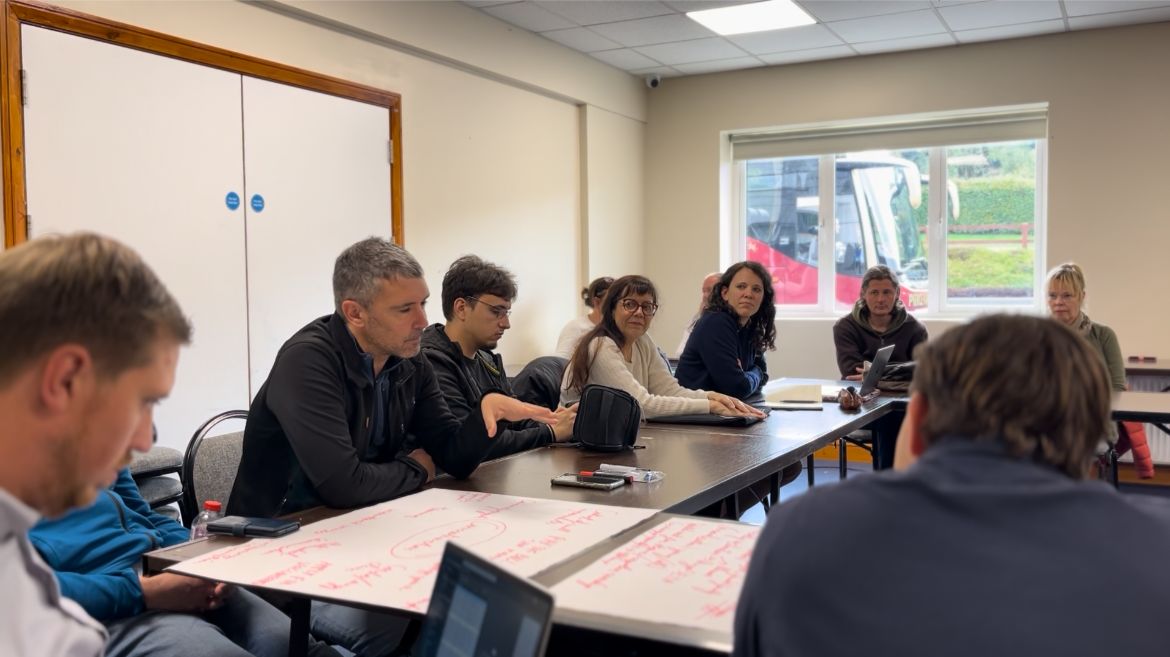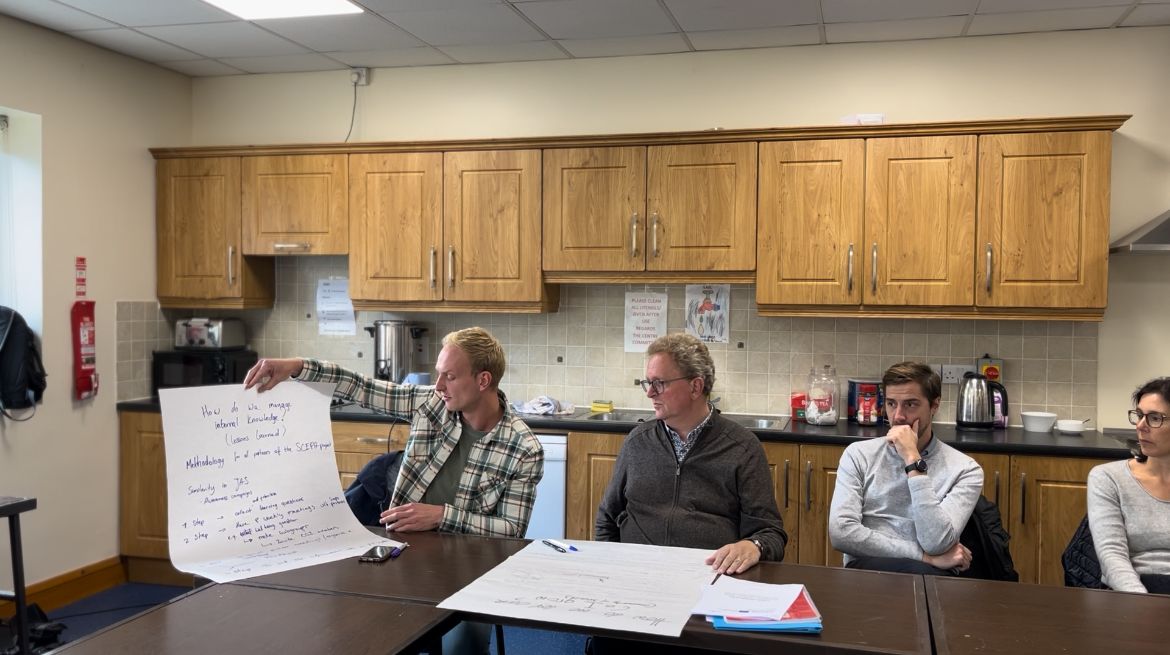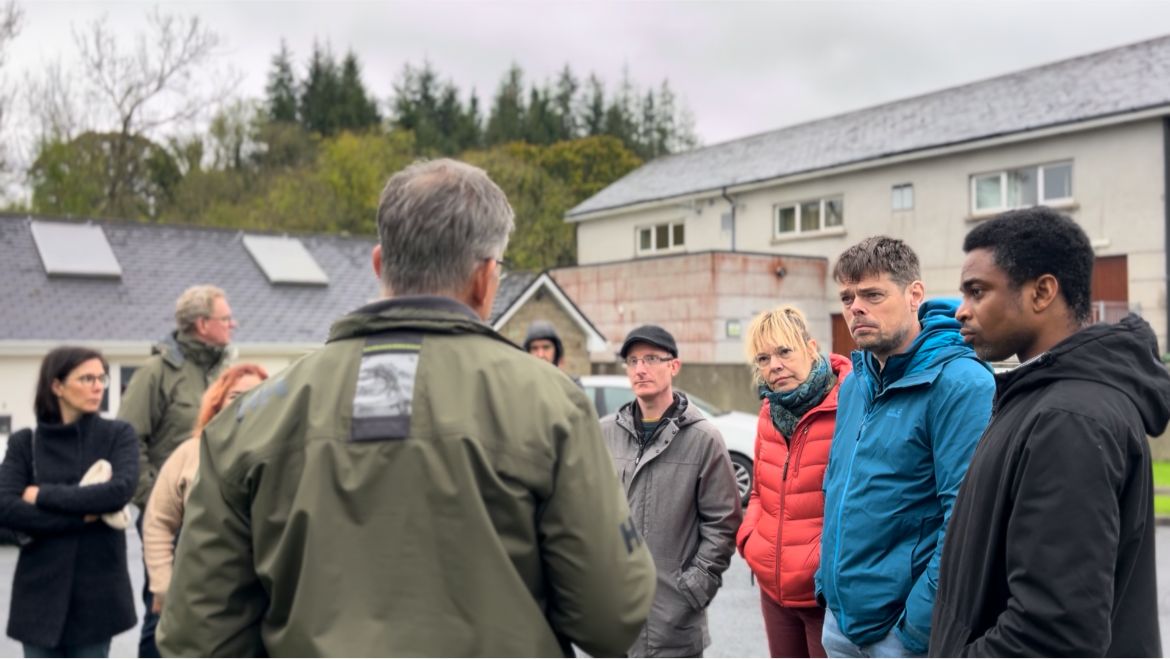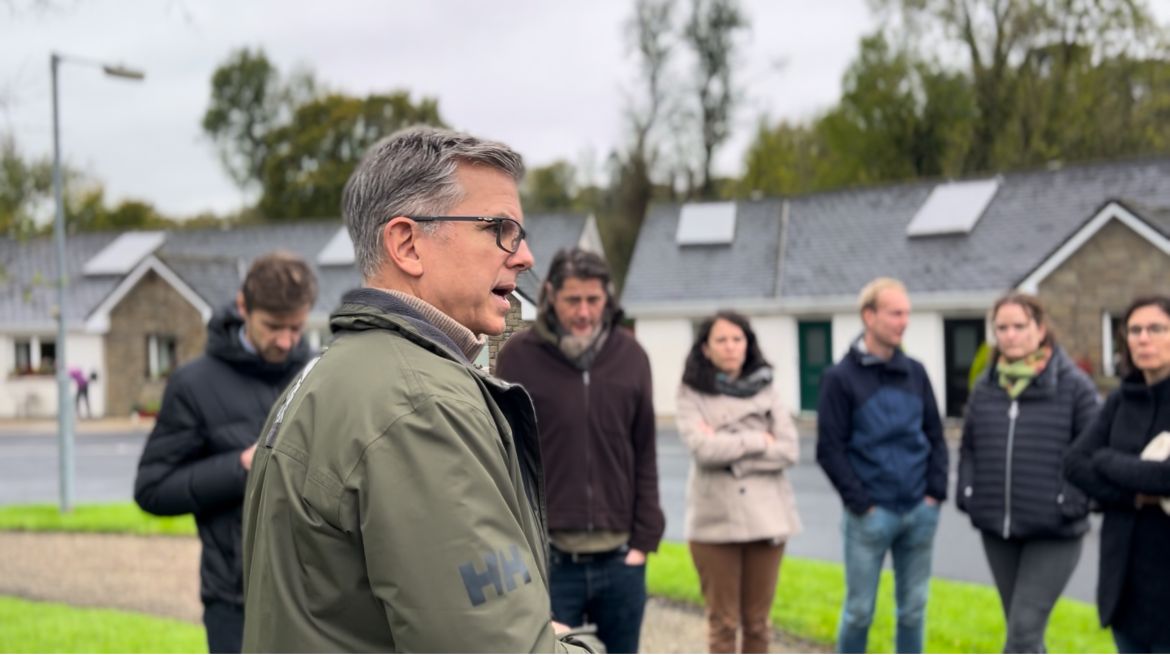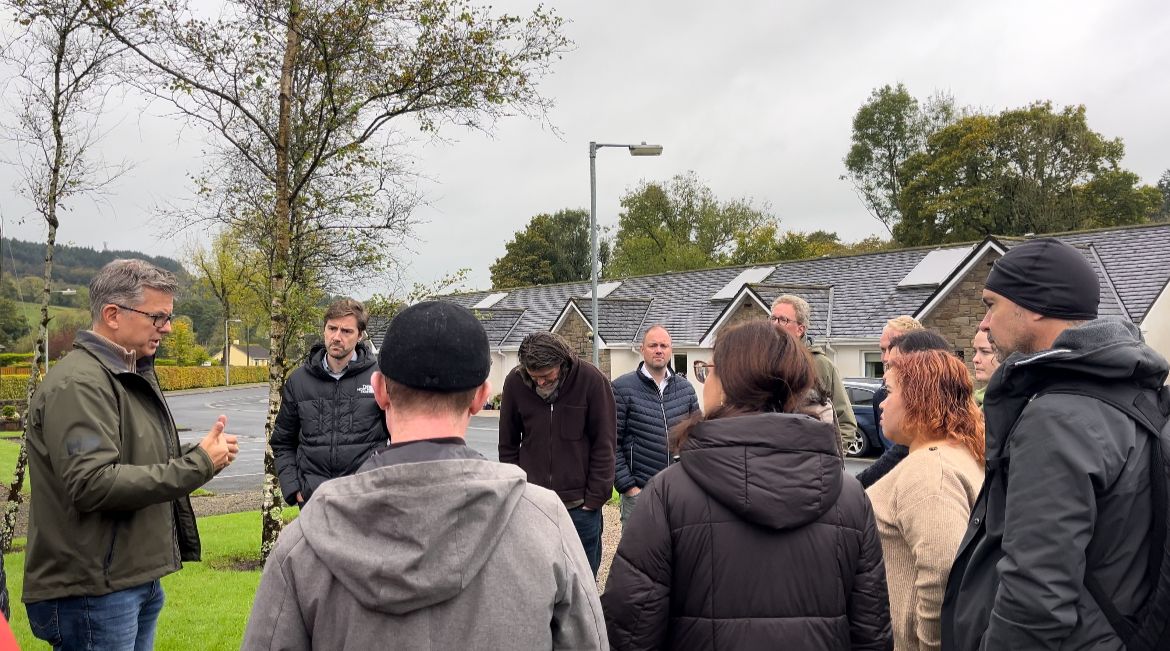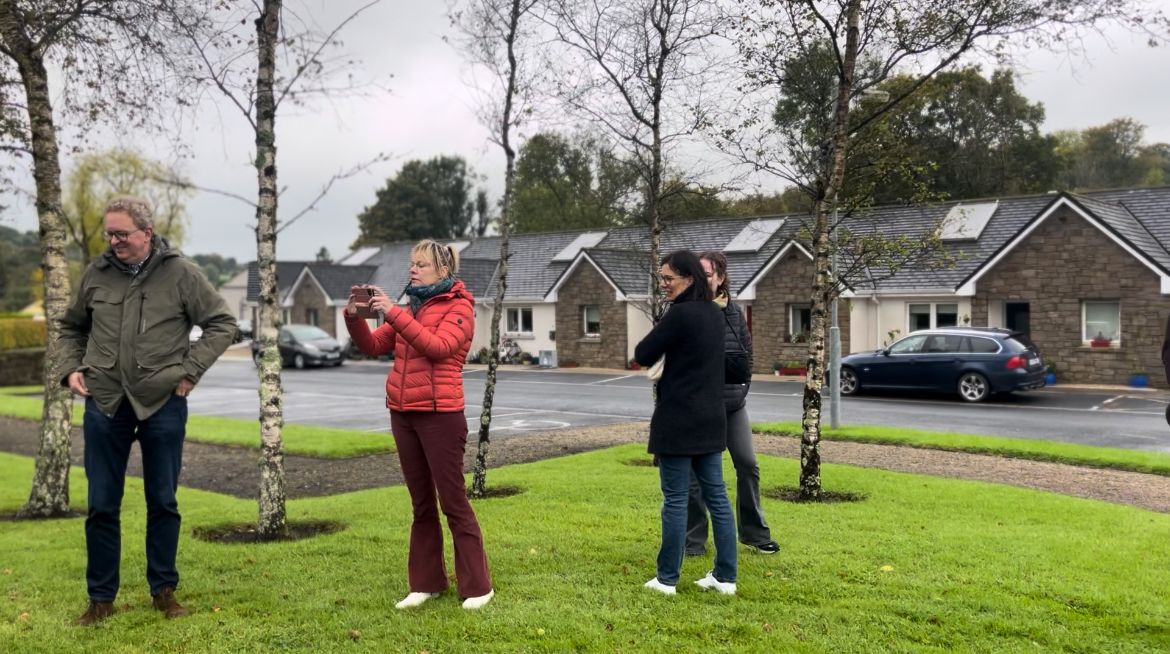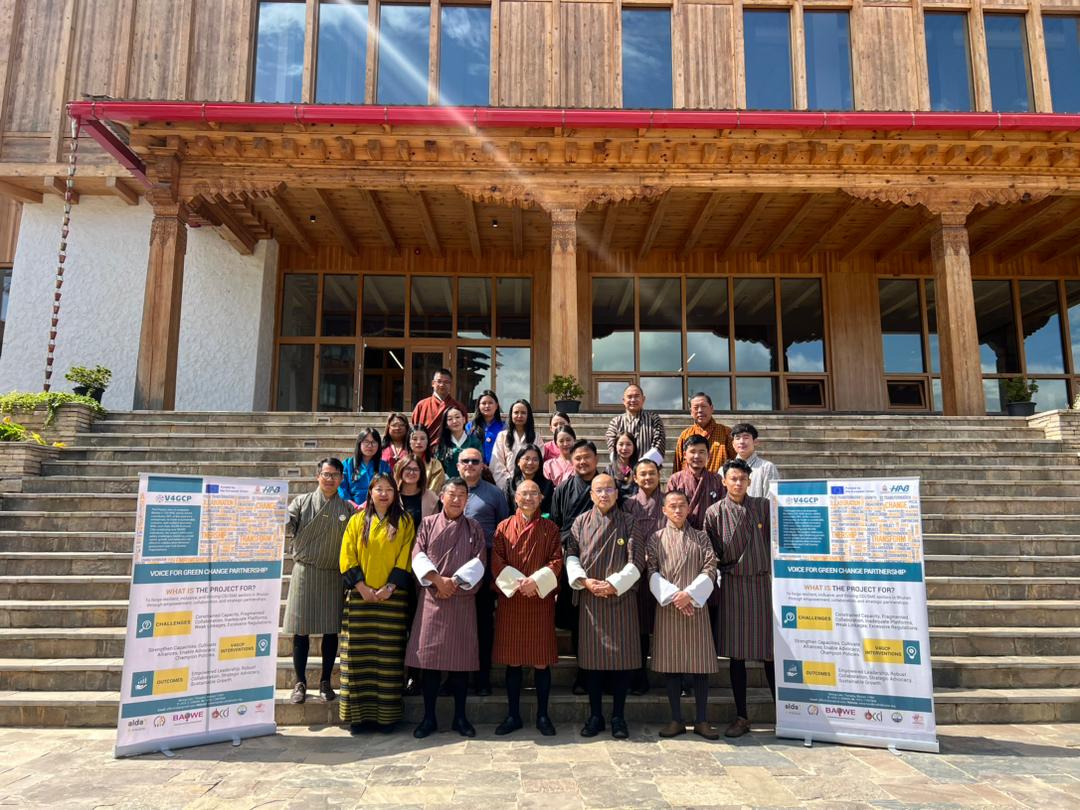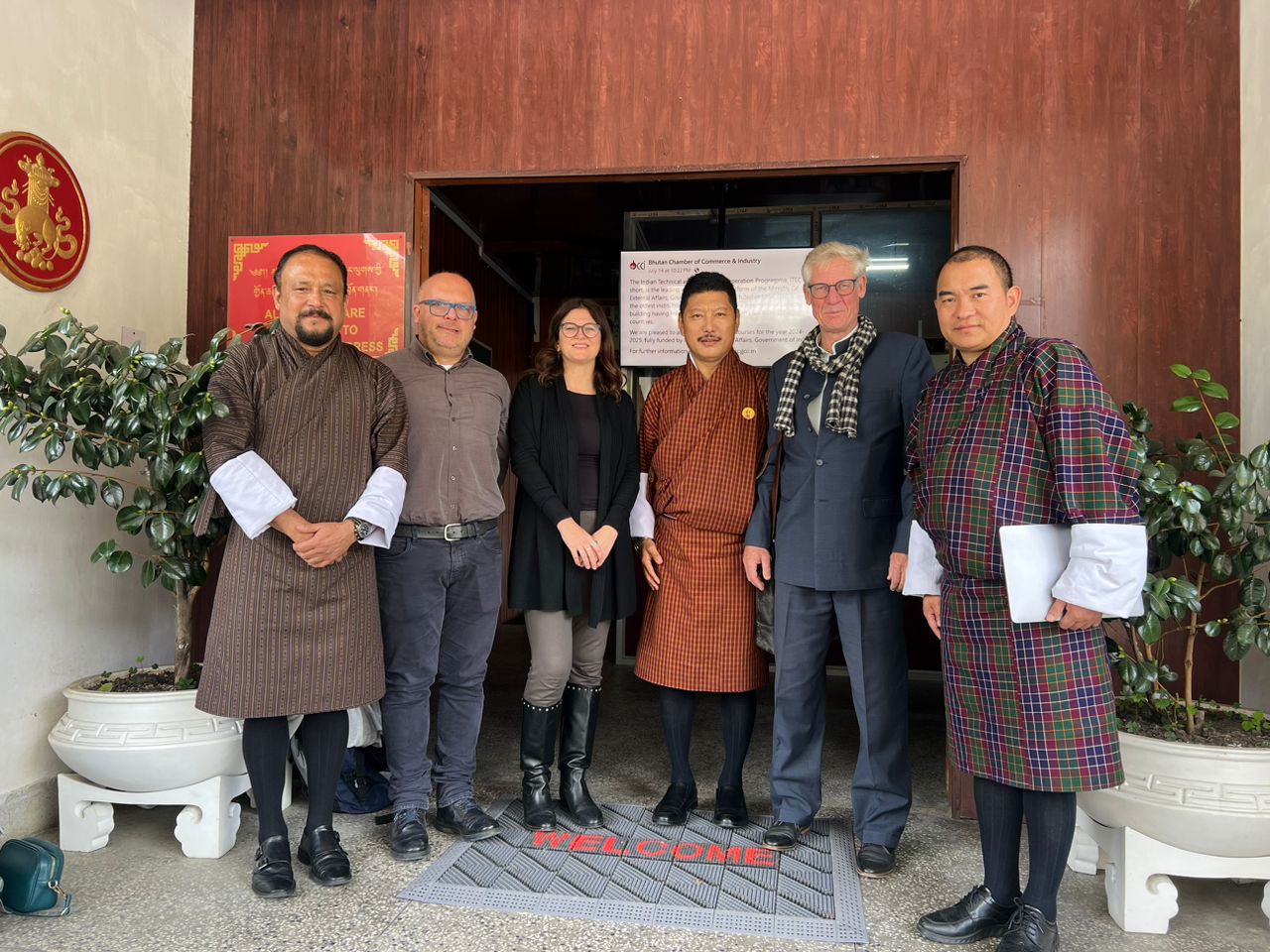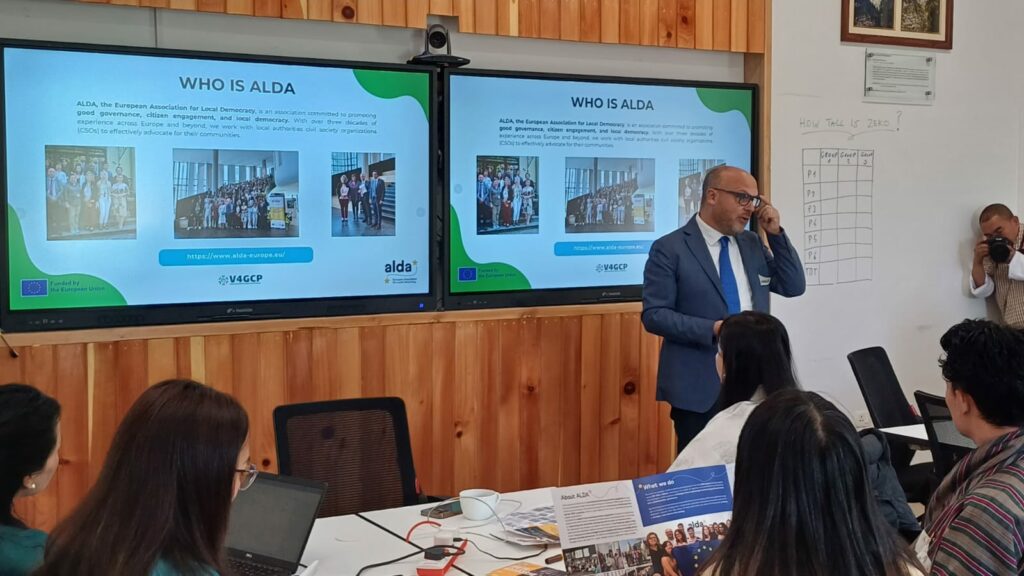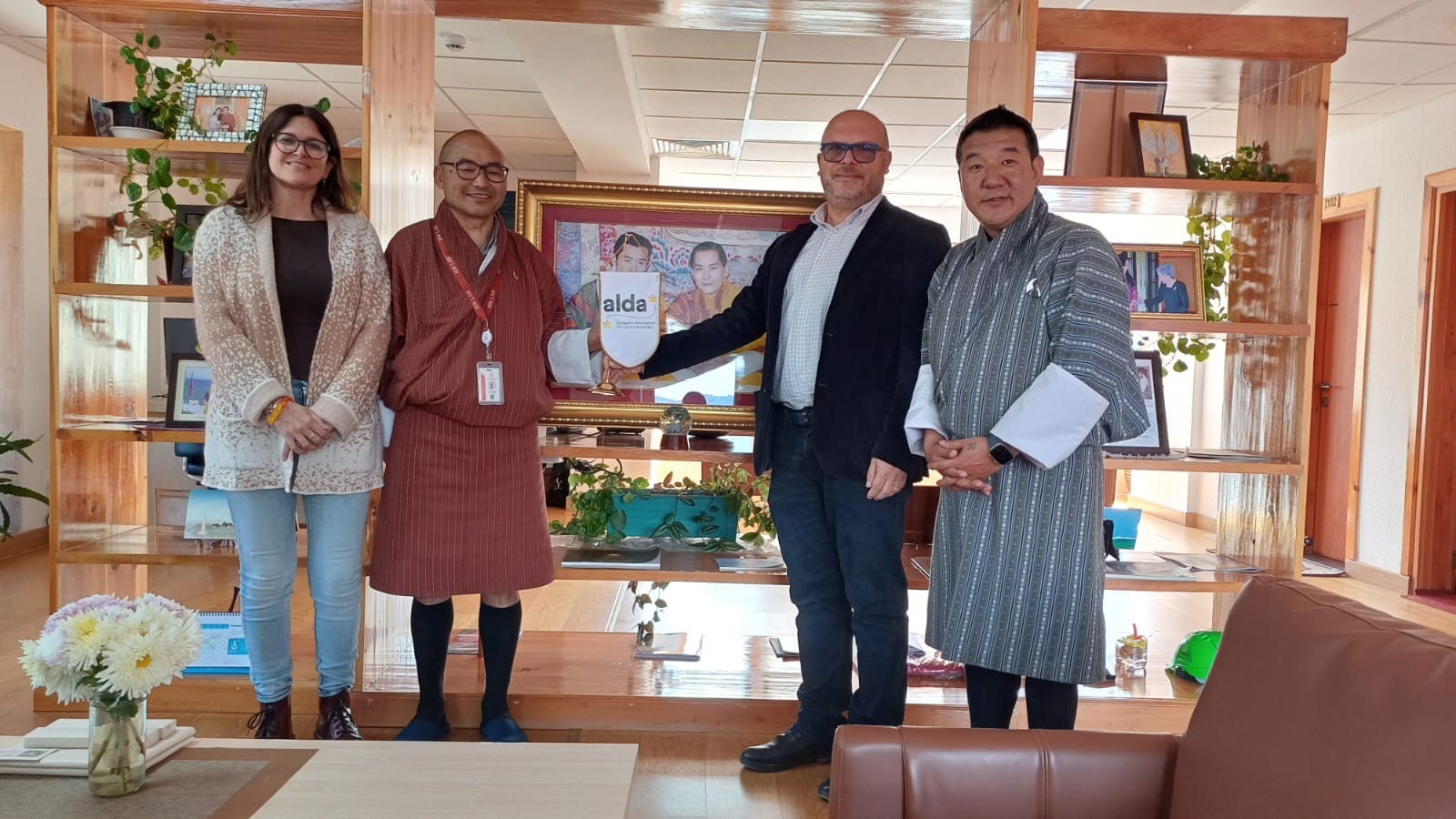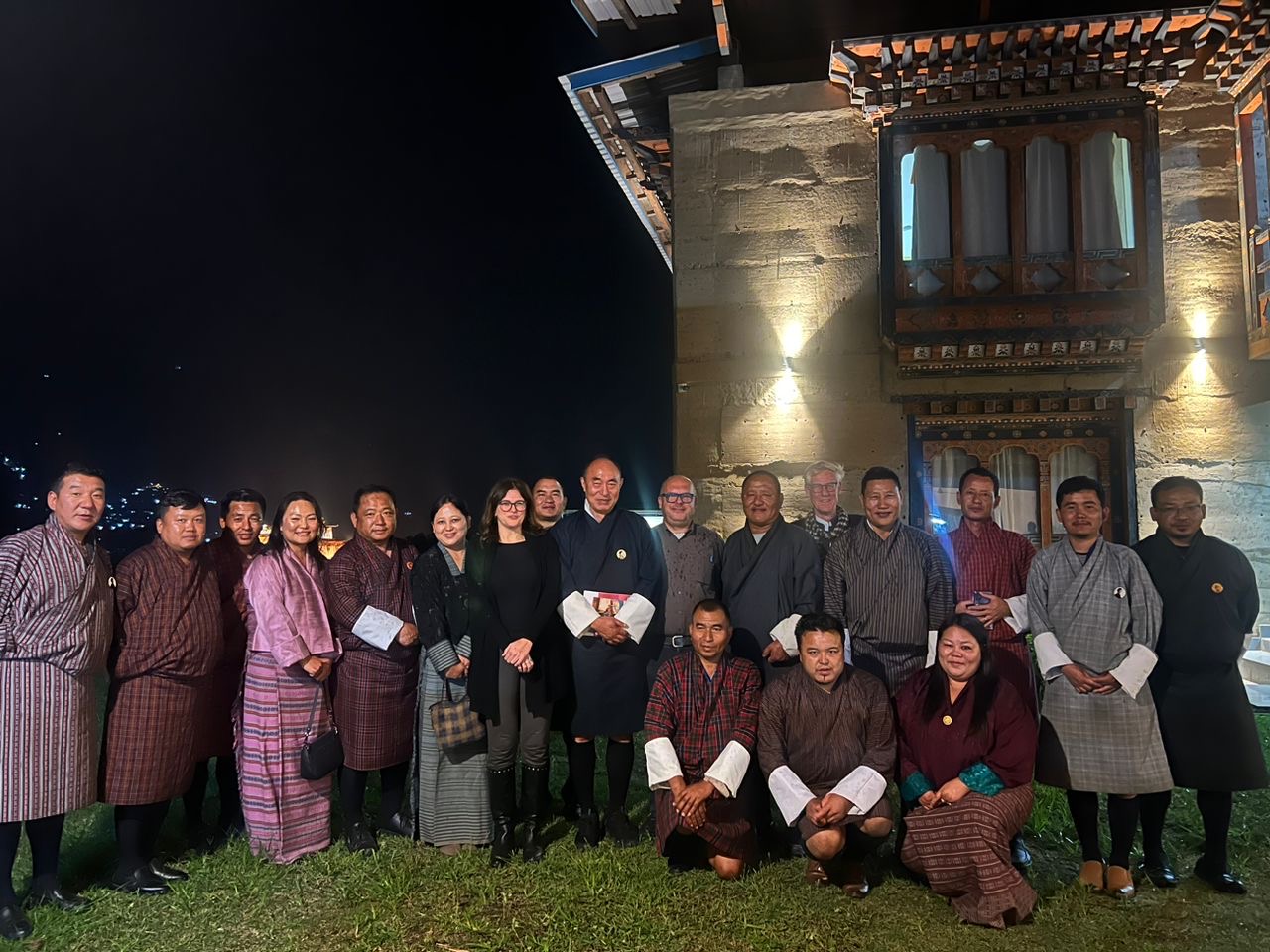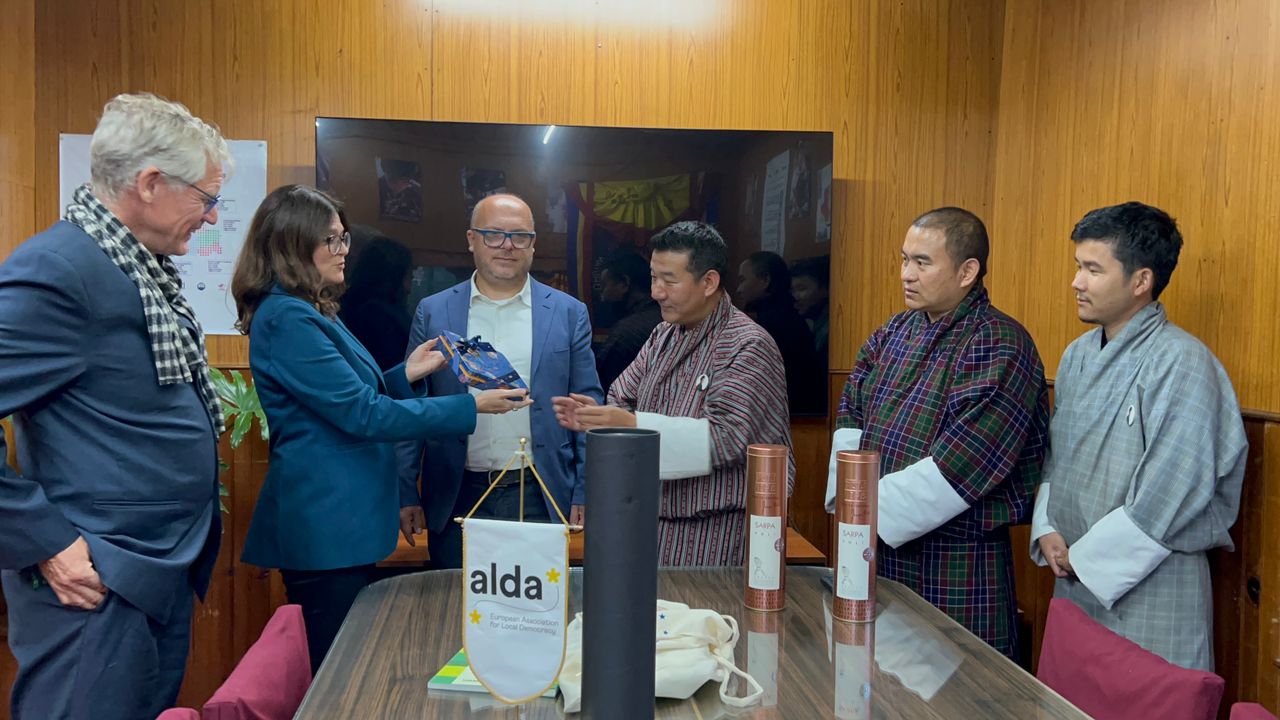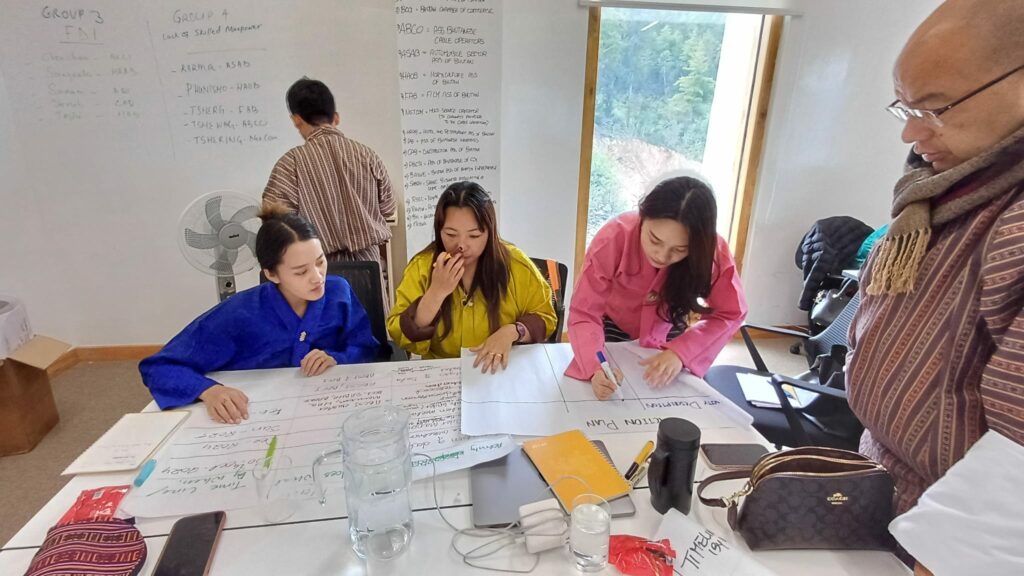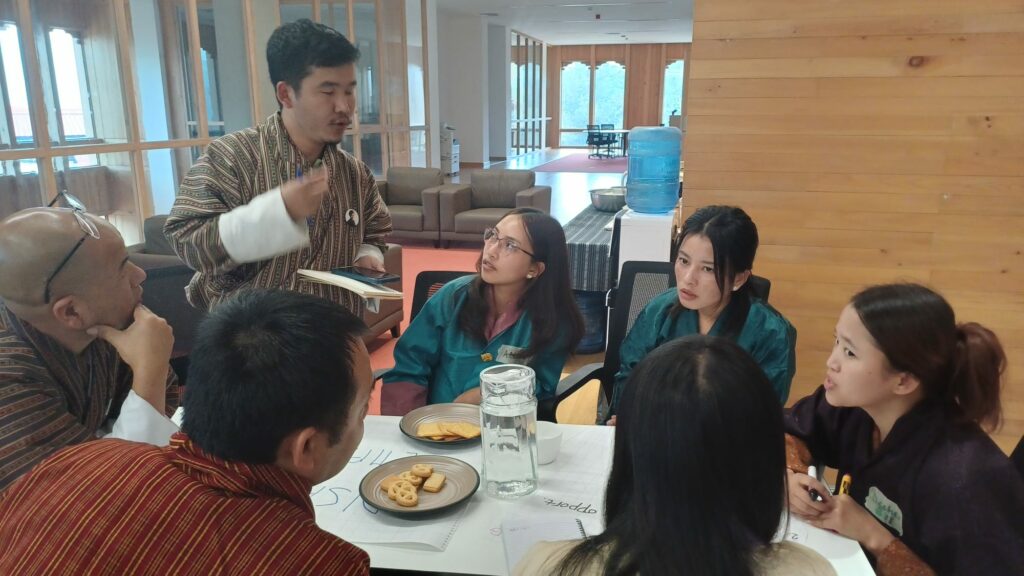From the 24th to 26th of October, the E-VOICE project partners were welcomed in Italy for the Final project conference organised by the Province of Padua and Municipality of Gazzo.
This event, supported by the CERV programme, is spearheaded by the Municipality of Gazzo in Italy, with a diverse consortium of partners from the Province of Padua (Italy), Sibenik (Croatia), Mioveni (Romania), UBBSLA (Bulgaria), ACR+ (Belgium), ALDA (France), and FAMSI.
The E-VOICE project was created with communities to reflect on the post-pandemic European Union from the point of view of solidarity between citizens, especially young people, and democratic participation in local communities.
Final conference in Padua, Venice and Gazzo Padovano
The final conference took place across Padua, Venice, and Gazzo Padovano, featured experts in law, governance, and community engagement and presented findings from the E-VOICE survey. Here are the main takeaways from these impactful events.
On October 24th in Padua, speakers including Lawyer Paola Martin, Professor Messina, and Jacopo Massaro discussed the importance of the concept of resilience, from the theoretical basis to its application in real local contexts. In particular, These community-led initiatives allow local populations to produce, share, and use renewable energy, reducing dependence on external sources and enhancing local economic stability.
In Venice, Luciano Sandonà, President of the Regional Permanent First Commission, led a press conference focusing on the importance of regional support for community resilience projects. Paolo Pilotto, project manager of Comune di Gazzo and leader of the project, also took this opportunity to disseminate the activities and presented the project, its achievements and activities.
In Padua, conference attendees visited the Cucine Economiche Popolari, a longstanding charitable organization that supports vulnerable populations with meals and essential services. This site visit provided a hands-on perspective on grassroots resilience efforts, highlighting the importance of social support networks during economic challenges. The Cucine Economiche Popolari demonstrates that resilience is not just about infrastructure but also about supporting and caring for individuals within the community.
The final event in Gazzo featured the presentation of the E-VOICE survey results, a study capturing how the pandemic and the early post-pandemic was experienced, also measuring citizens’ perception of closeness to institutions, from local to European, and identifies priorities to suggest to administrators. The E-VOICE survey provided insight into how 267 respondents, primarily young people aged 15 to 29, experienced the pandemic and its immediate aftermath. Among these respondents, 65.92% were women, 31.09% held a Master’s degree or higher, and 44.94% were employed, with 38.52% residing in towns of 10,000 to 100,000 people and 31.46% in smaller villages. The survey revealed that distance learning had been widely implemented in high schools and universities across partner countries, easing academic demands but also intensifying feelings of loneliness, anxiety, and boredom. Nearly one-third (30.71%) reported never feeling free during this period. Social activities also shifted, with 23.30% of respondents stopping sports and 16.85% reducing their participation, while volunteering saw a mix of reductions and new engagements. Economically, the pandemic left many respondents in precarious positions, with 68.16% experiencing job losses and nearly half without social security, while only 22.10% received economic aid from institutions. The survey captures a nuanced view of young citizens’ experiences and highlights their evolving priorities and expectations from local to European institutions.
Another interesting point of the discussion was Manuela Marsano’s intervention, representing Italy’s CERV (Citizens, Equality, Rights and Values Programme) contact point, discussed CERV’s support for European initiatives promoting democratic values and social resilience, inviting European authorities and entities to apply for grants aligned with CERV’s mission.
As Europe faces ongoing social and environmental challenges, initiatives like E-VOICE are critical in guiding policy and inspiring civic action, paving the way for local communities to learn and be prepared for the challenges ahead.
